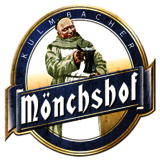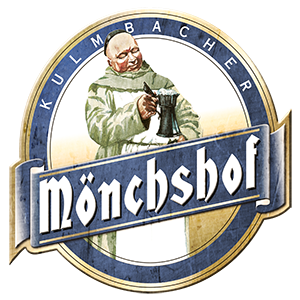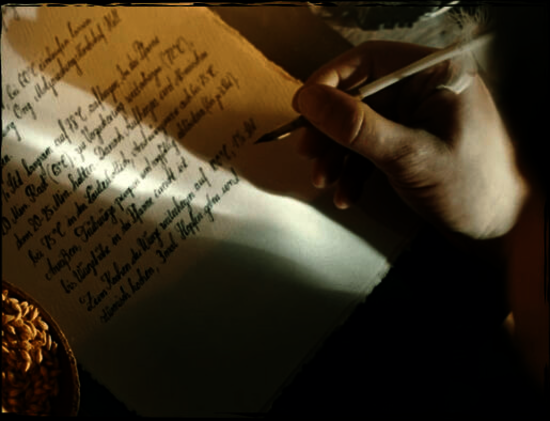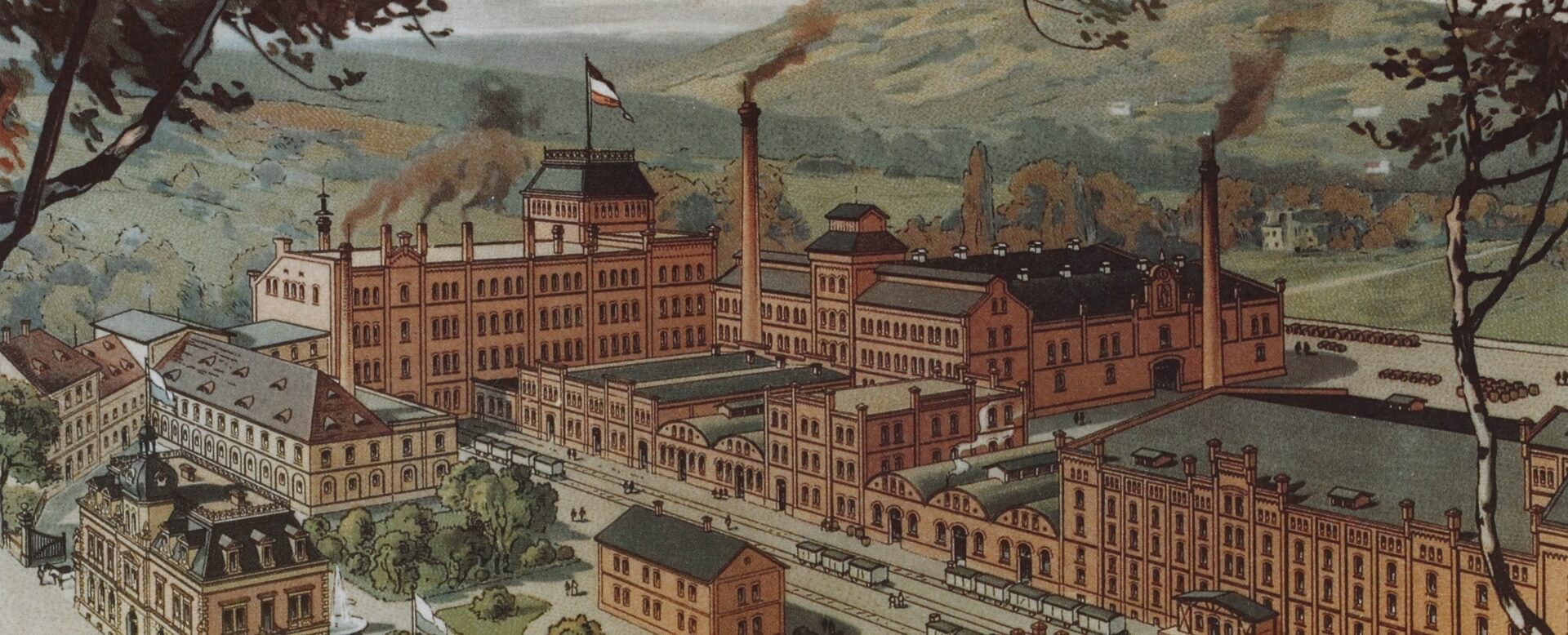
The history of Mönchshof speciality beers
Our historical milestones

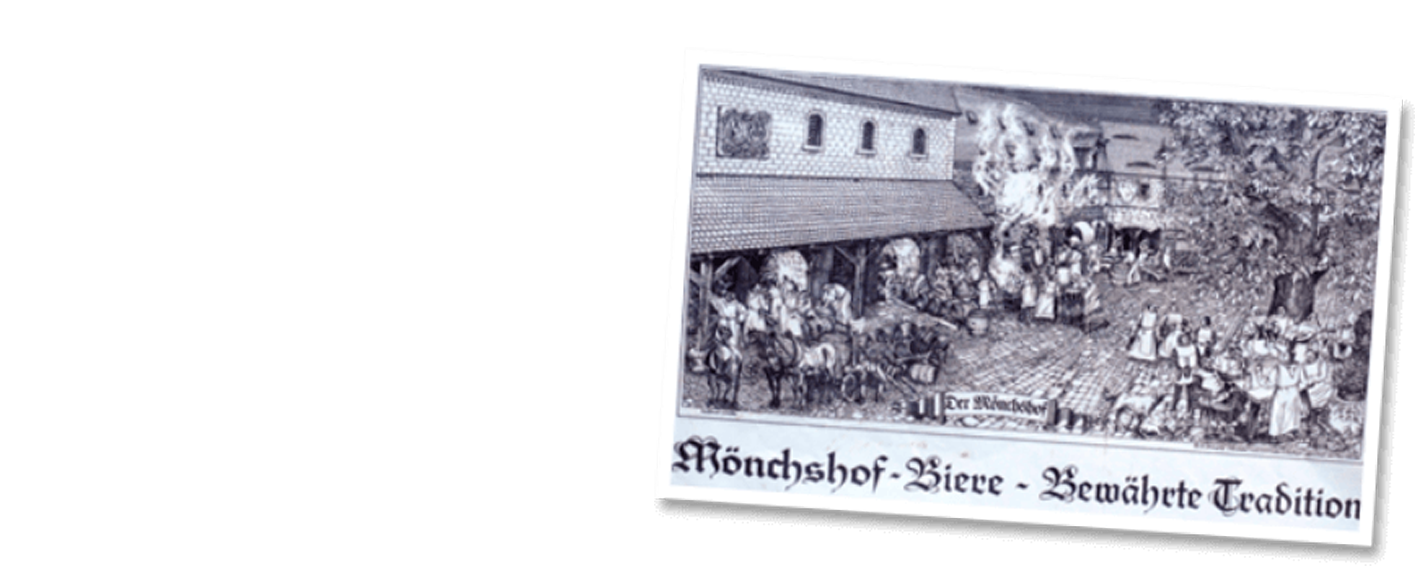
The foundation of the first monastery in the Franconian margraviate town of Kulmbach is traditionally associated with the start of brewing in Kulmbach. The “Mönchshof” belongs to the estate of the Cistercian monastery of Langheim.

The Bavarian Purity Law is enacted on 23/04/1516. The law states that only barley, hops and water may be used to produce beer.
The site of the Mönchshof in what is now the Kulmbach district of "Blaich" is seized by the state.
Erhard Ender acquires the Mönchshof site from the heirs of master currier Kripner. The first "Mulz und Brauhaus" is built on the site of today's Mönchshof.
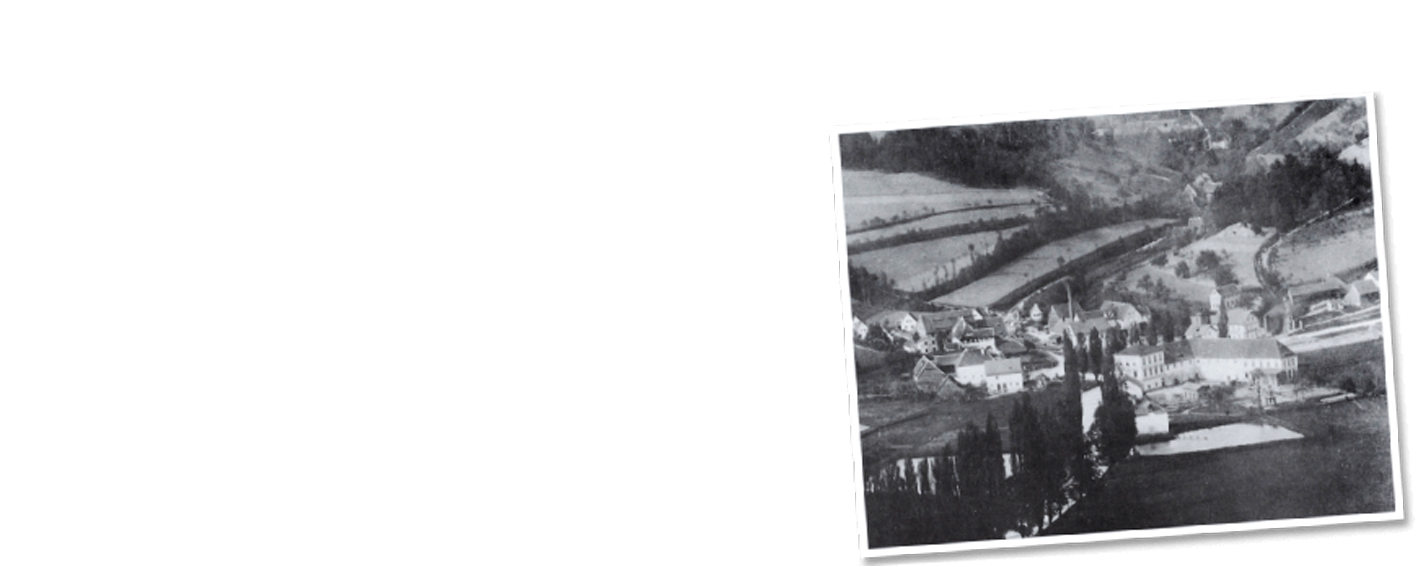
First written mention of the "Brauhaus des Hering - Blaich bei Kulmbach" owned by Simon Hering.
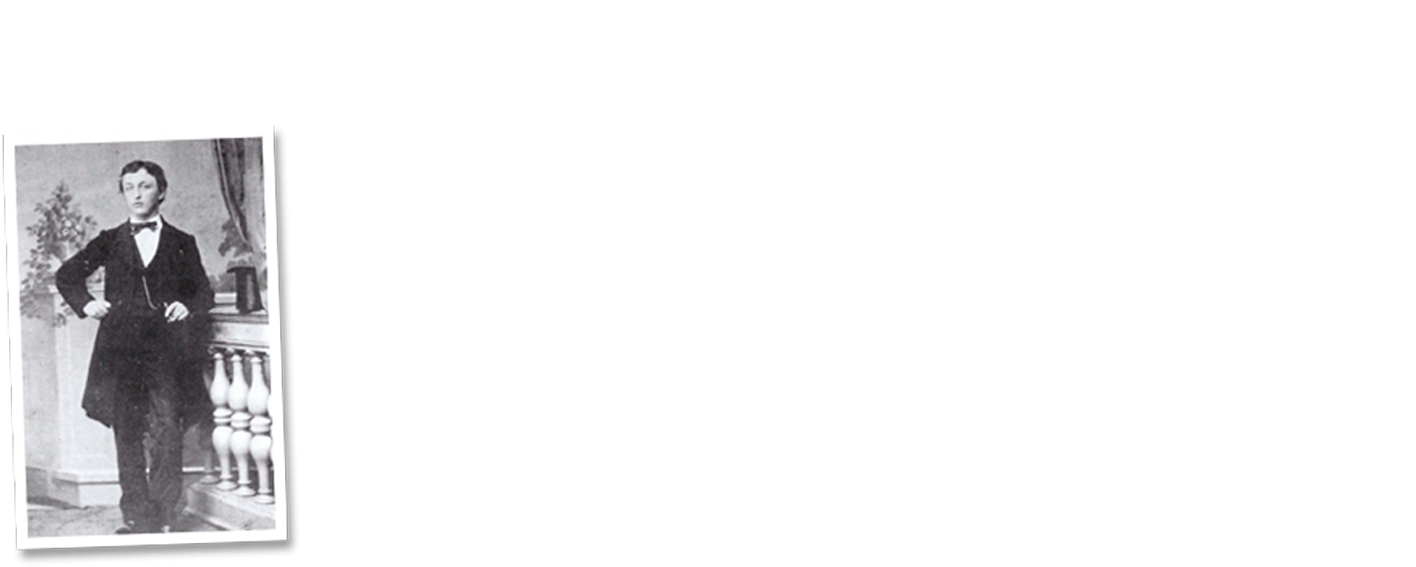
Heinrich Hering acquires the entire estate with extensive grounds for 400,000 marks.
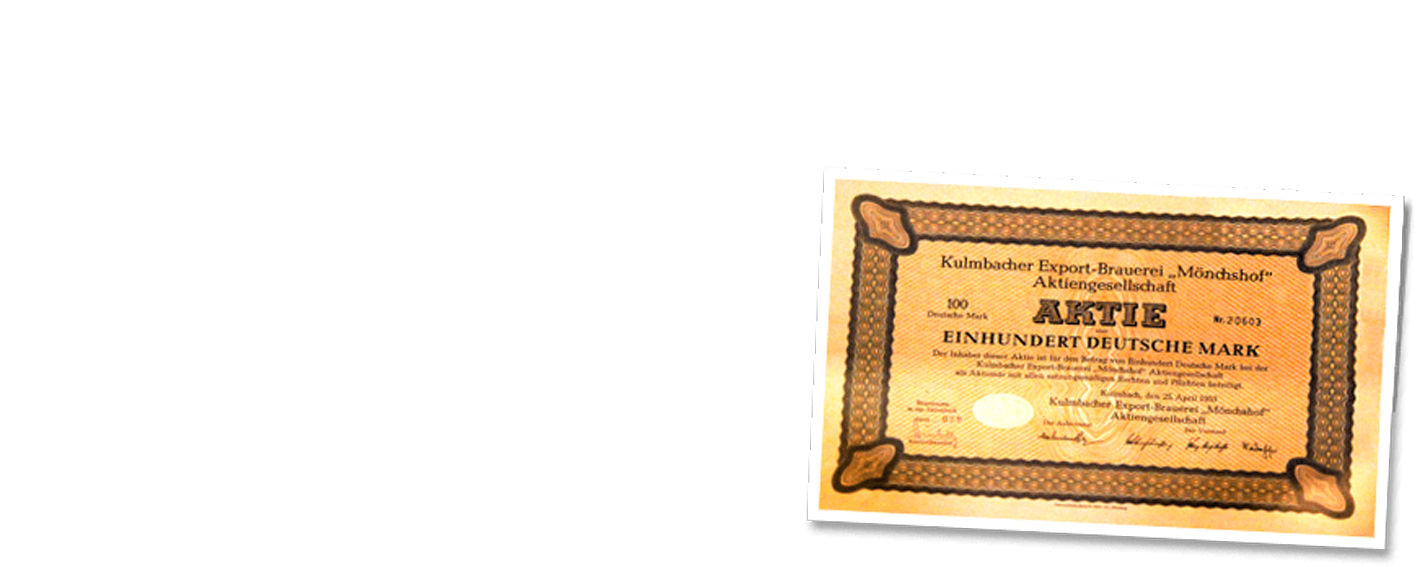
"Kulmbacher Export Brauerei Mönchshof vorm. Simon Hering Aktiengesellschaft" is entered in the commercial register.
Mönchshof receives the highest award for beer at the World Fair in Brussels.
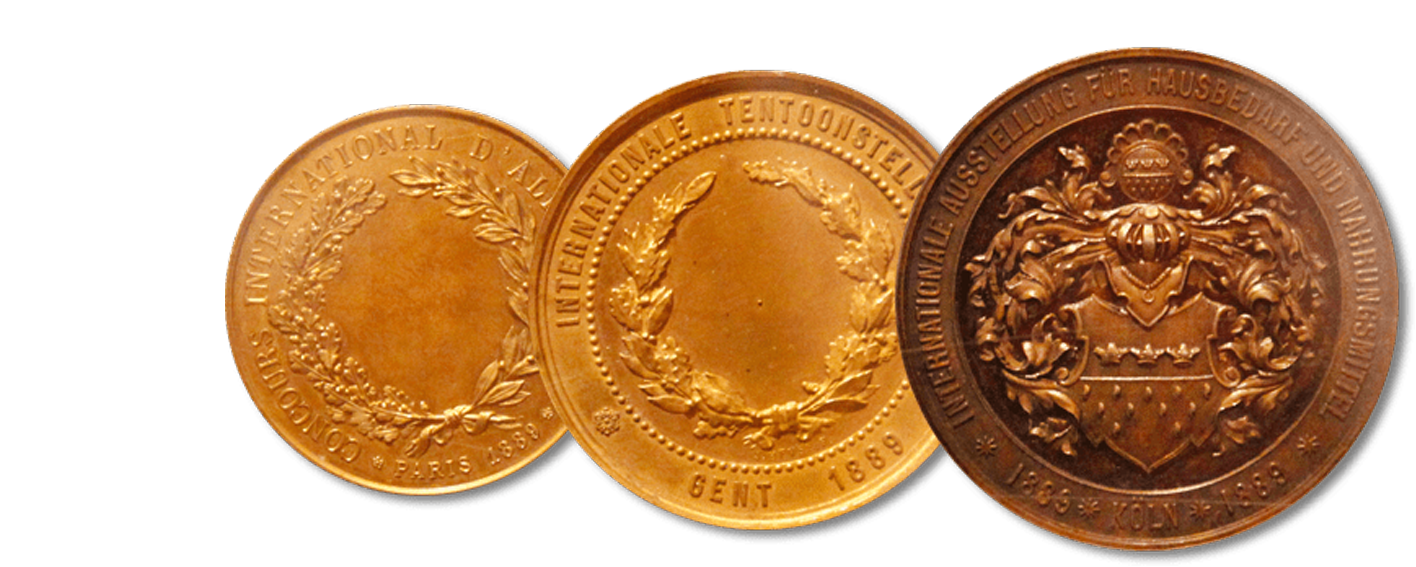
Two golds, one silver: Mönchshof wins awards at exhibitions in Paris, Ghent and Cologne.
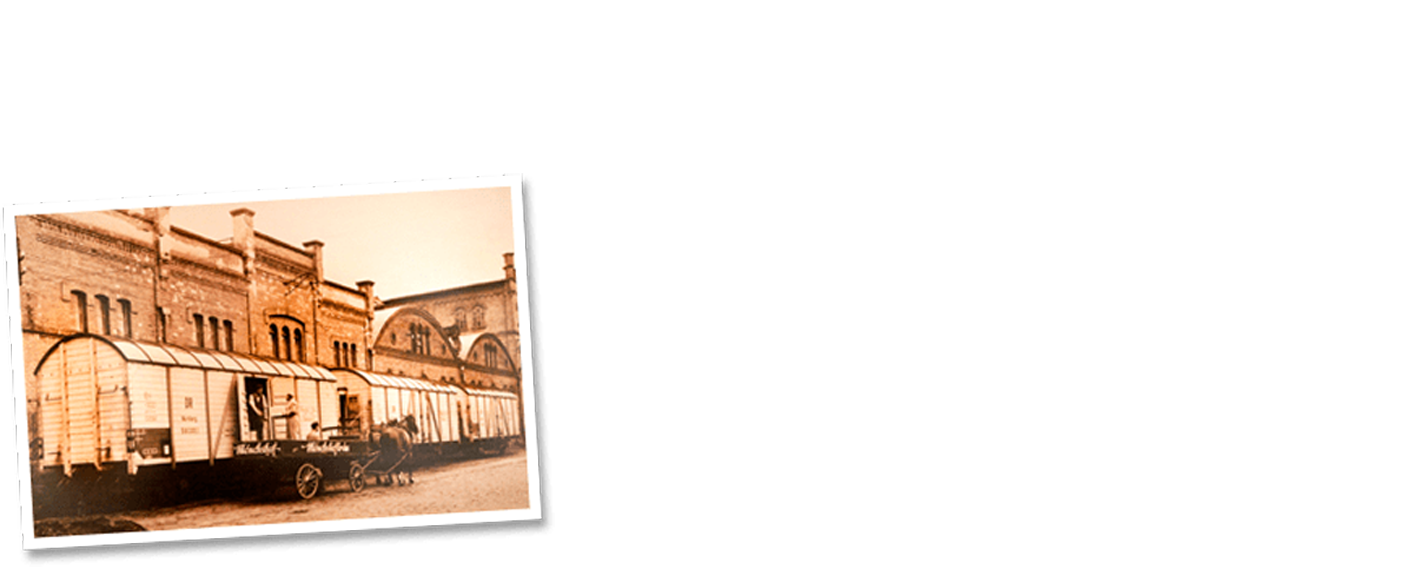
The Mönchshof brewery gets a direct link to the railway network, the König-Ludwig-South-North railway.
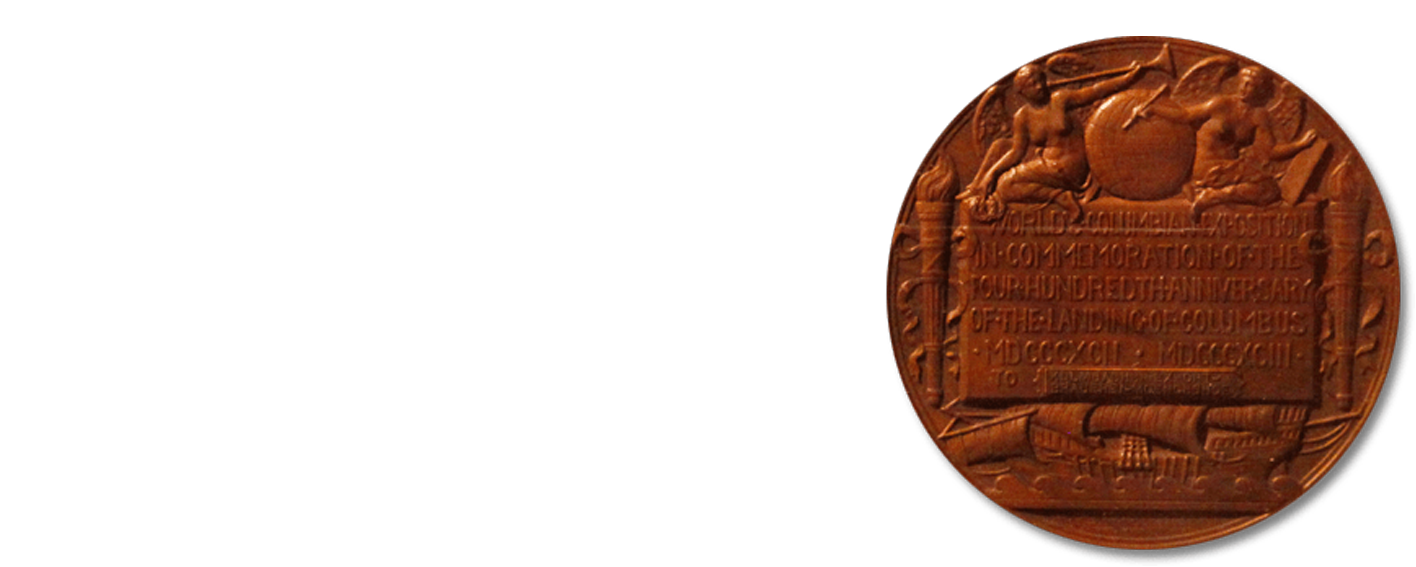
Mönchshof shines again with the highest award at the World Fair in Chicago.
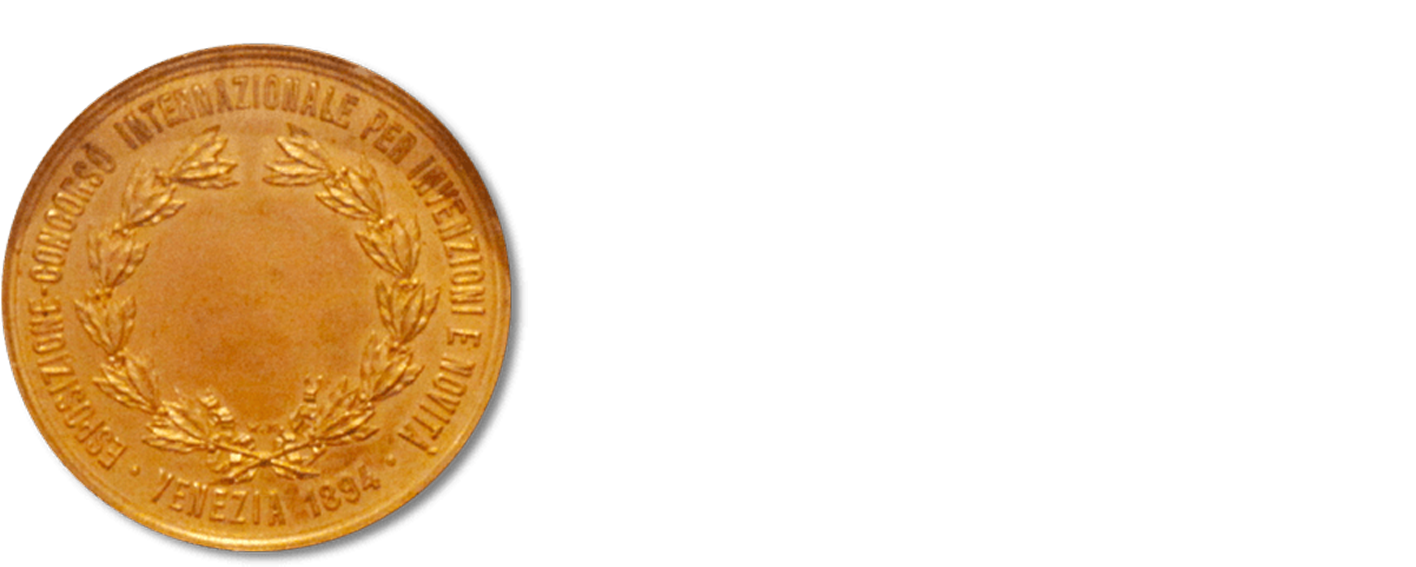
Mönchshof shines again with the highest award at the World Fair in Chicago.
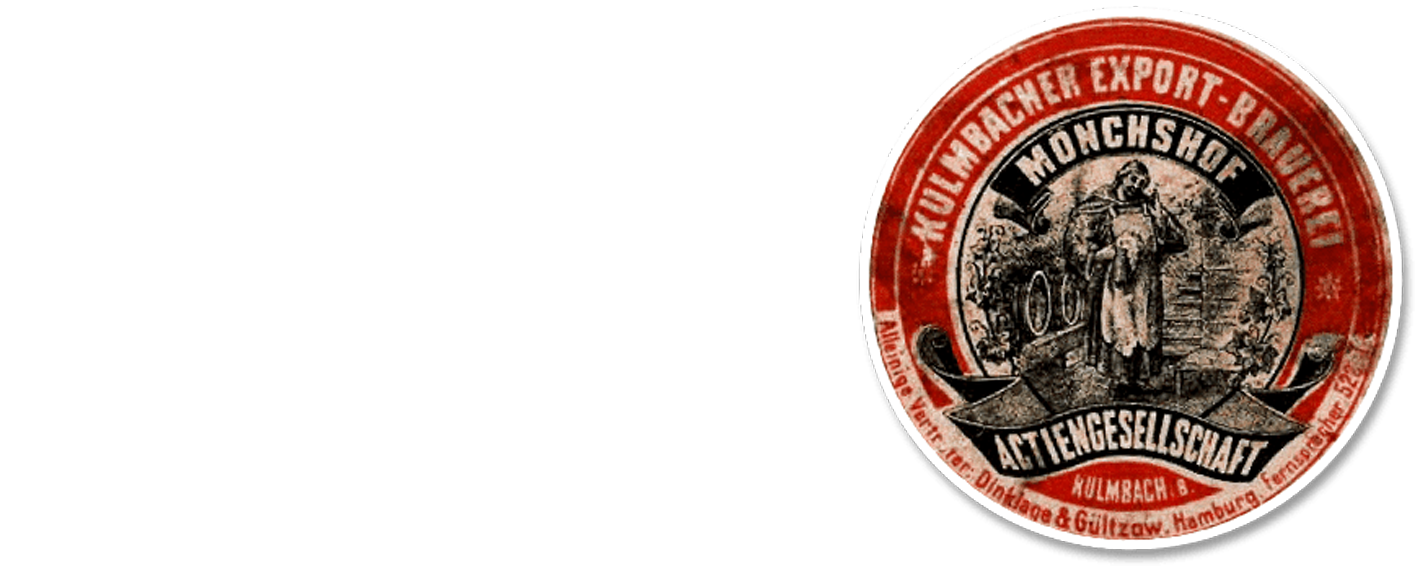
Over 60,000 hectolitres of Mönchshof beer are sold.
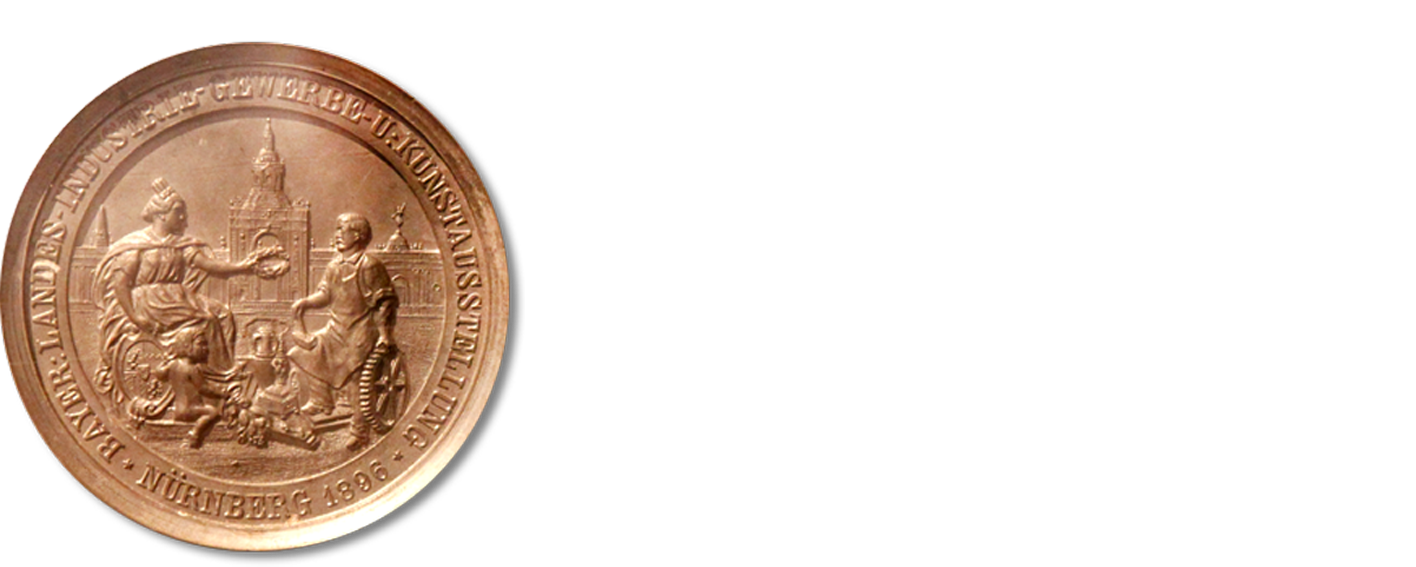
Mönchshof receives the Golden State Medal at the state exhibition in Nuremberg.
Mönchshof brewery is awarded the Grand State Medal at the Industry and Trade Exhibition in Leipzig.
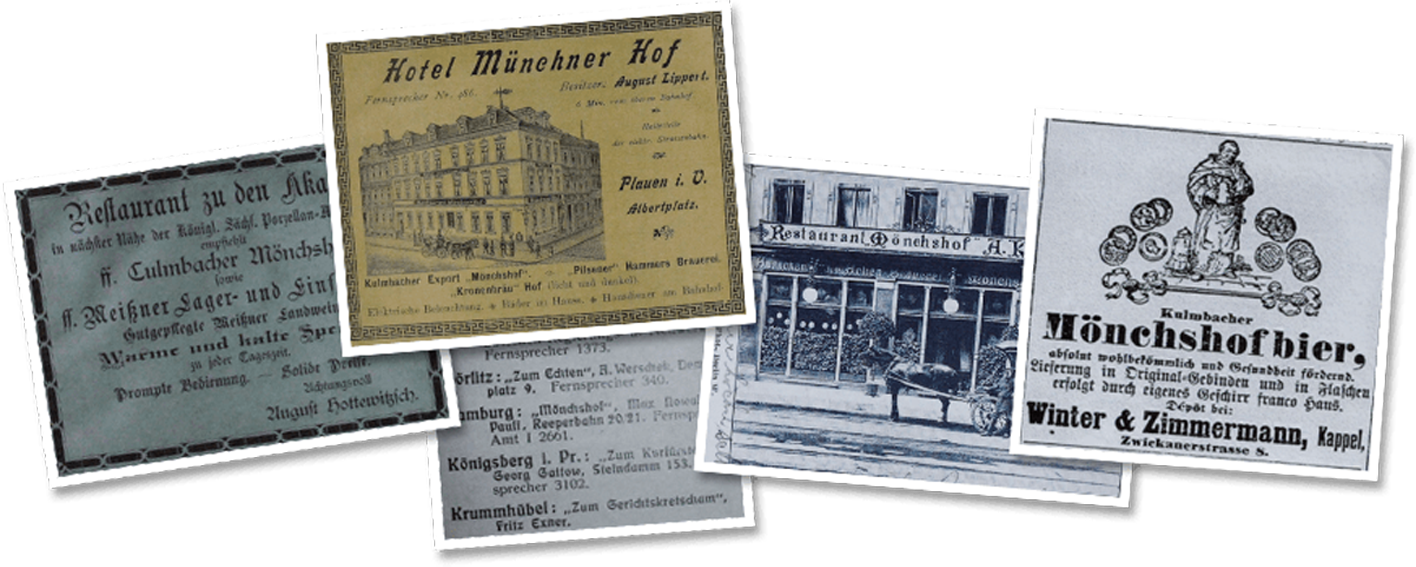
Mönchshof has special bars in Berlin, Dresden, Leipzig, Hamburg, Wiesbaden, Königsberg, Königshütte, Lauban, Görlitz and Magdeburg.
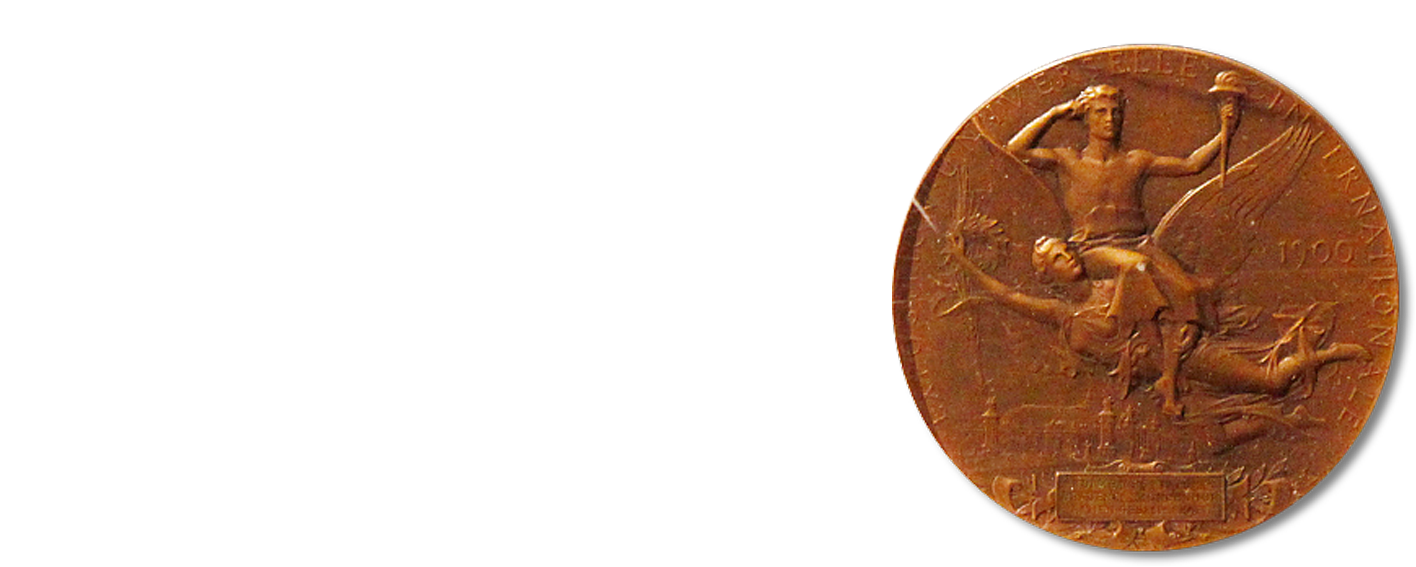
Mönchshof is awarded the Grand State Medal at the World Fair in Paris and receives the Gold Medal in St. Louis.
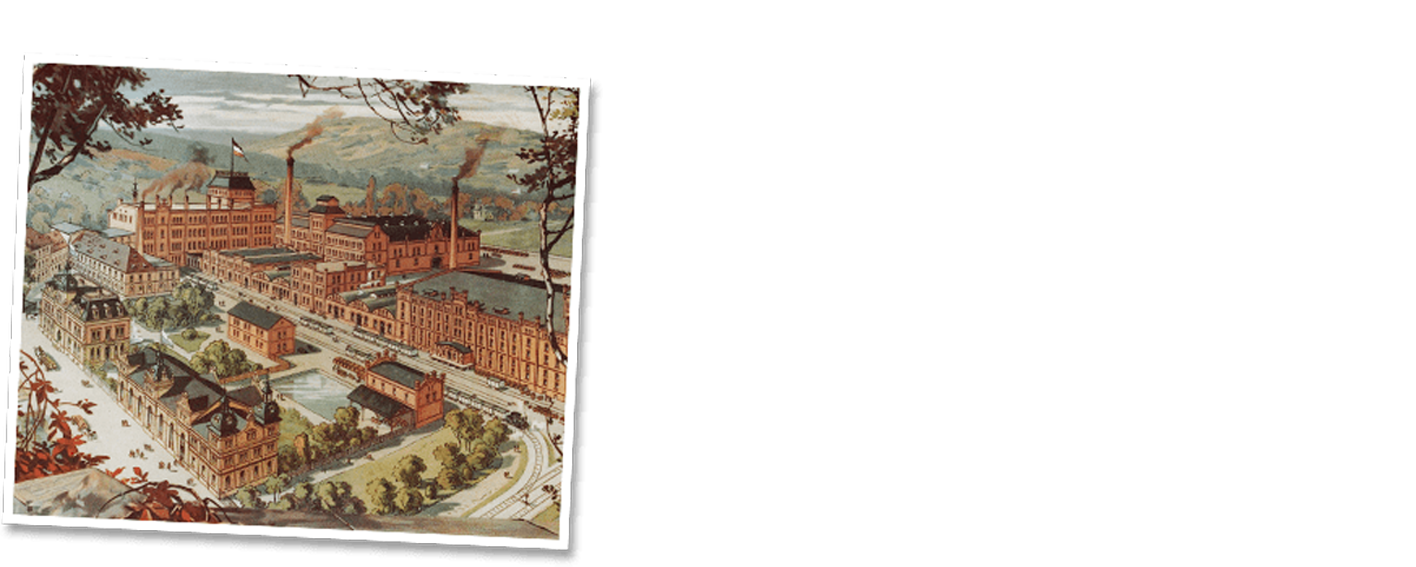
The long-established Kulmbach family Meußdoerffer becomes the majority shareholder in the Mönchshof brewery.
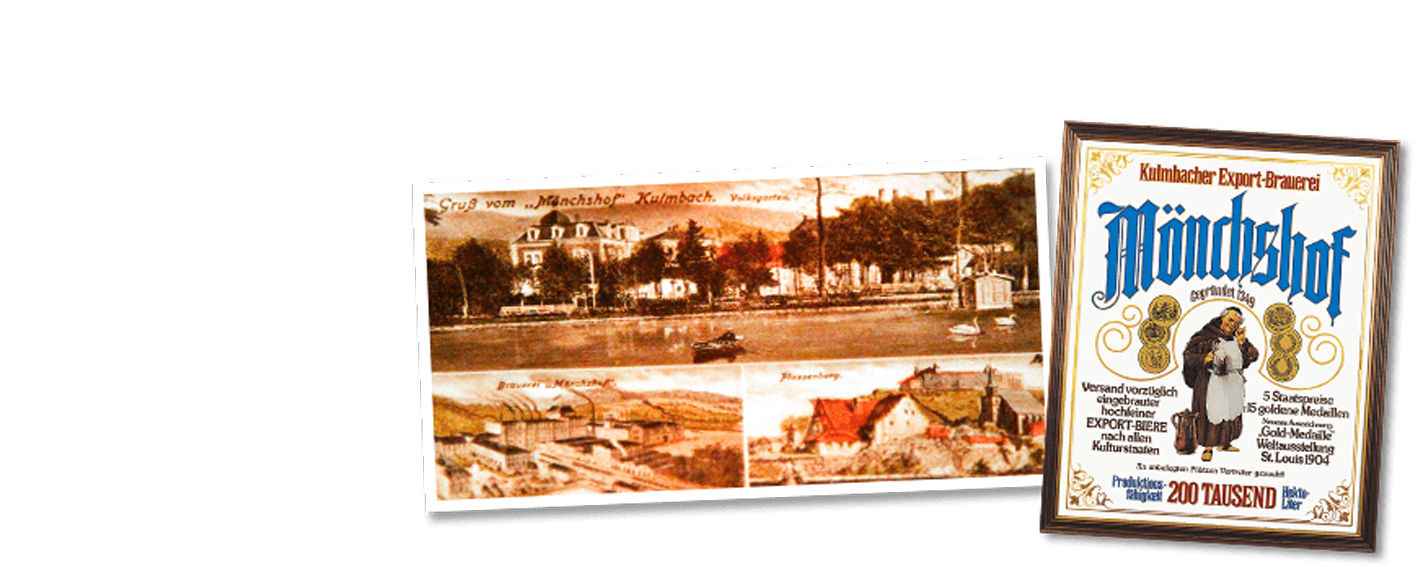
The "Mönchshof Biergarten" is opened in the spirit of Bavarian warmth and hospitality.
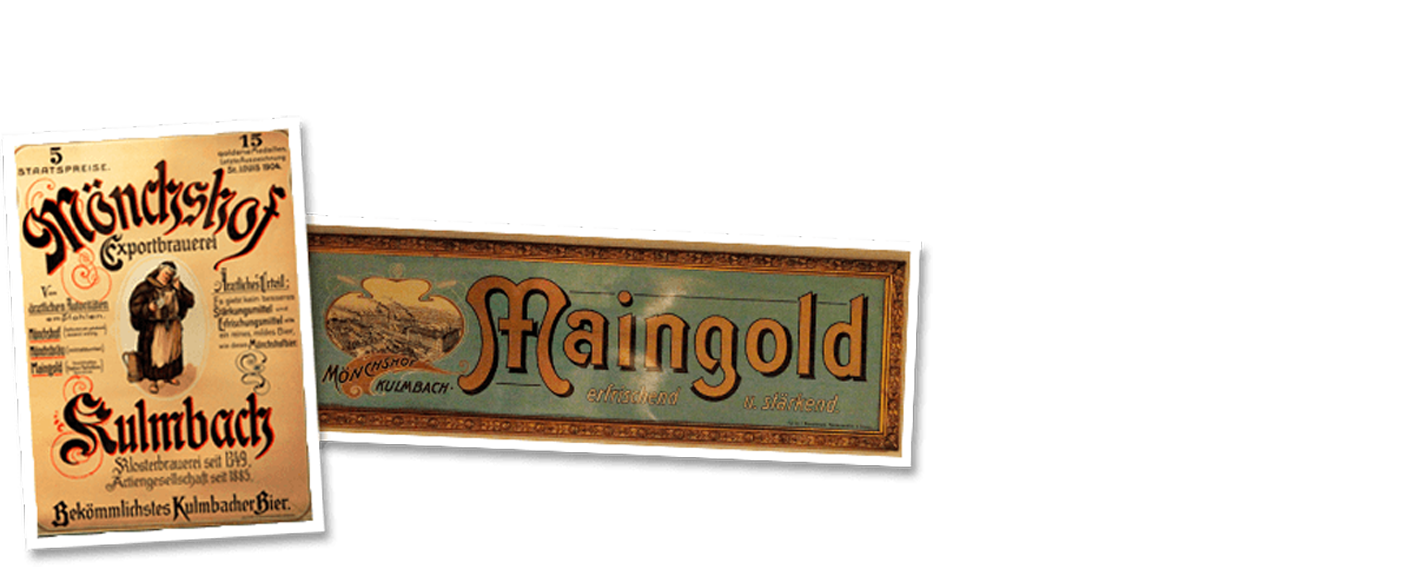
The dark Mönchshof Export, the pale Maingold Salon-Tafelbier and the medium-dark Mönchsbräu Versandbier are ready for sale.
The malt quota for breweries is reduced by up to 85 %. Production of strong beer is prohibited.
Pubs are only allowed to serve beer for a few hours at lunchtime and in the evening.
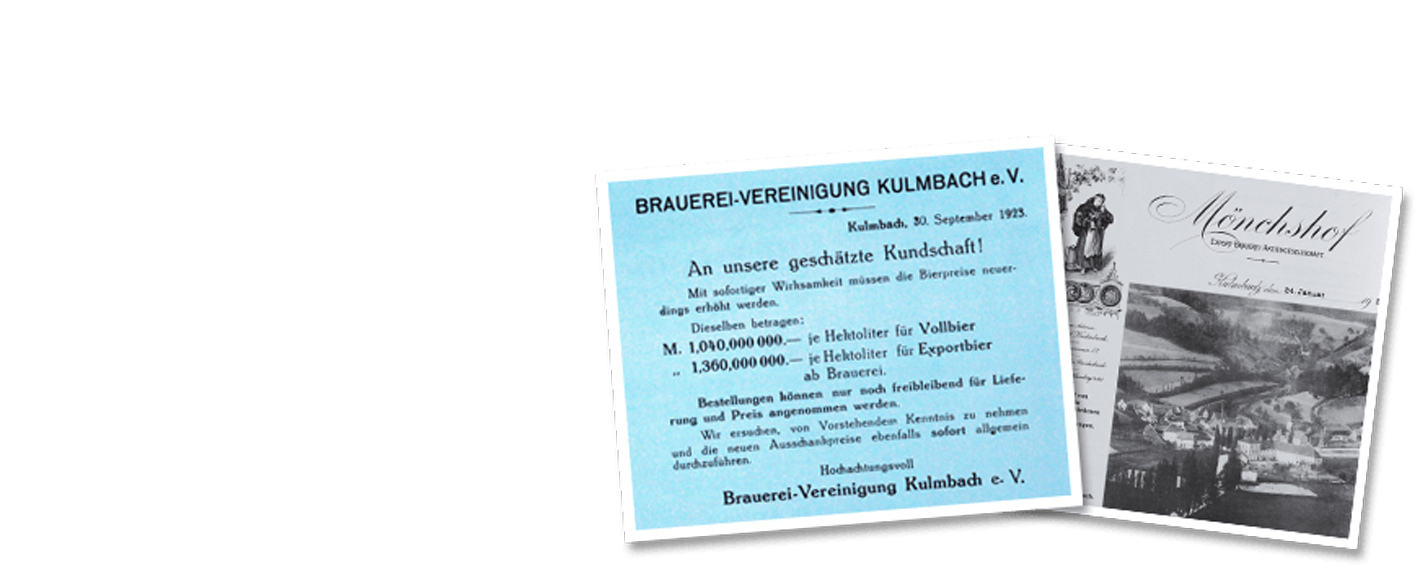
A hectolitre of Kulmbacher beer costs over 1 billion marks on 30 September 1923.
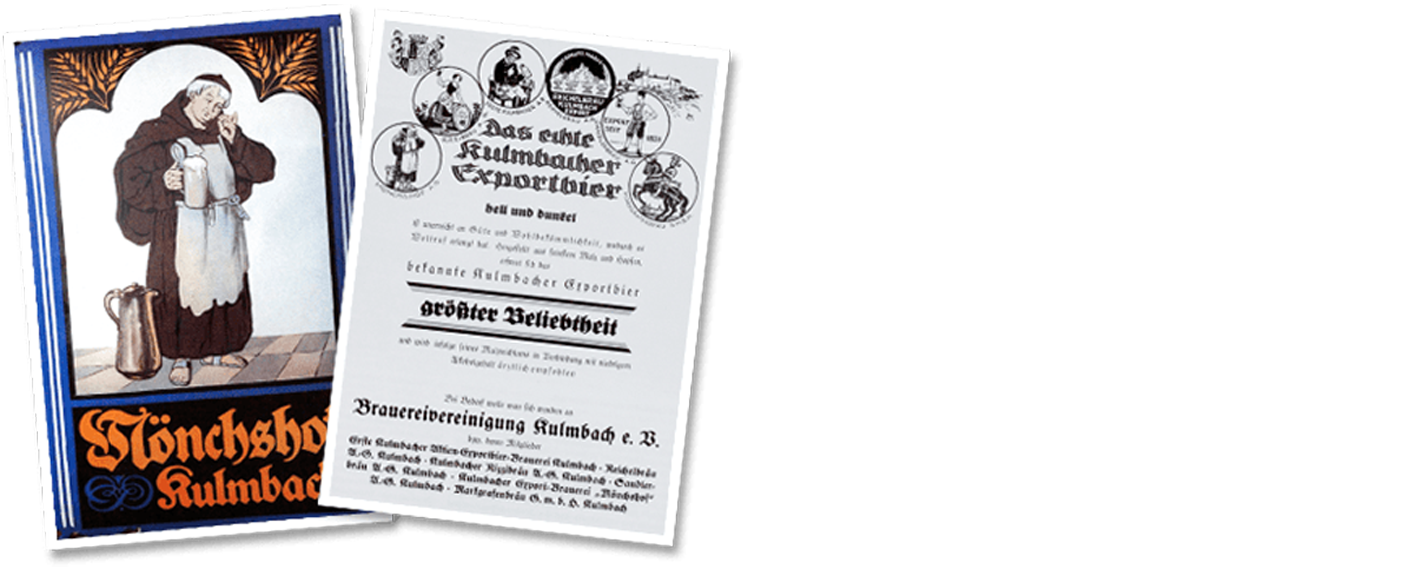
The "golden twenties" see Mönchshof brewery hectolitre figures almost return to those of pre-war times.
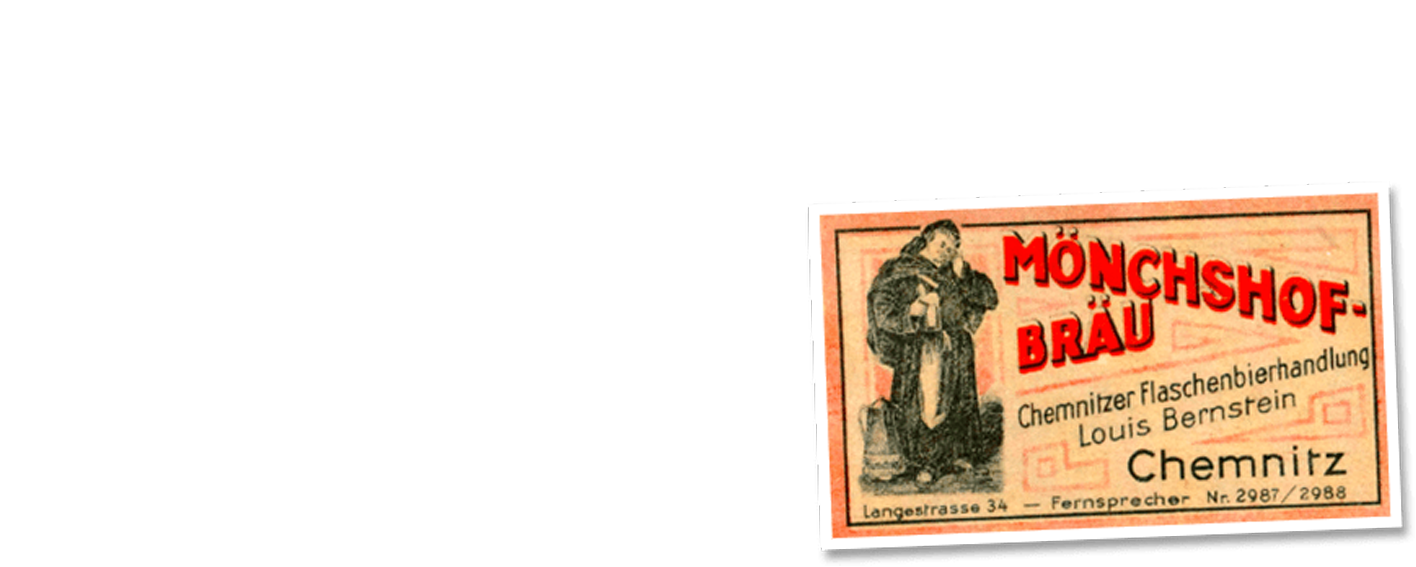
Mönchshof doesn’t escape the global economic crisis: output figures are halved. Bottled beer and pilsner beer become more important.
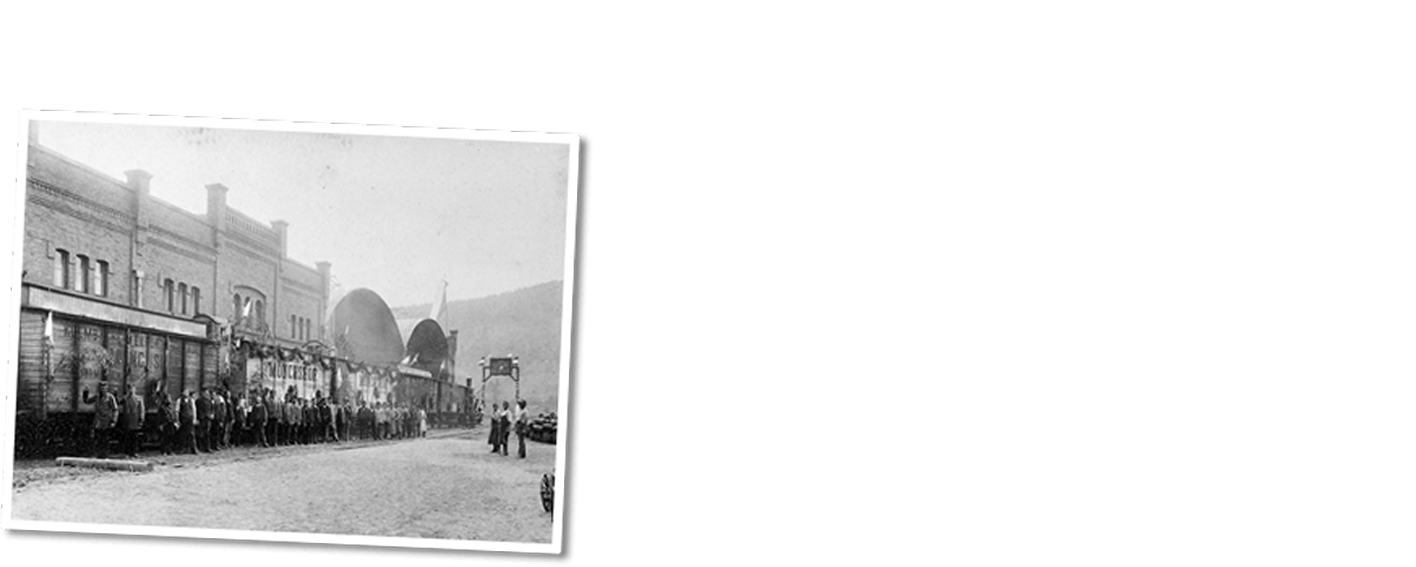
Mönchshof employs around 50 members of staff.
Mönchshof’s output is "rationalised" to 18,500 hectolitres. 20 employees are drafted in.
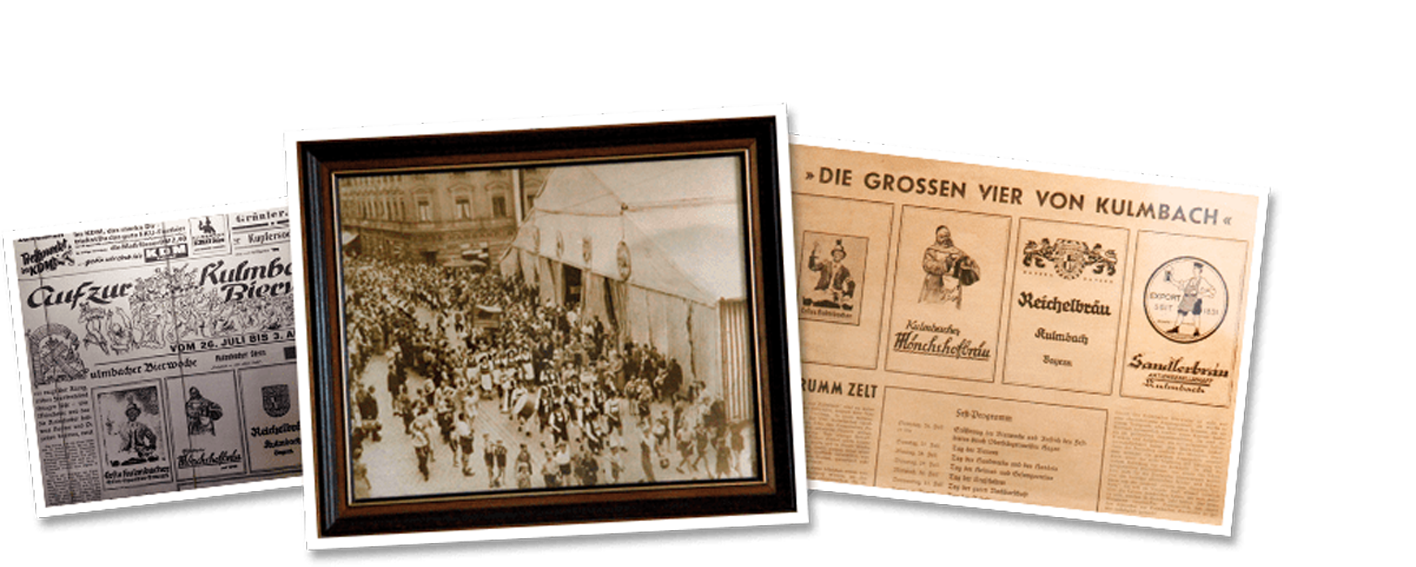
The Mönchshof festival beer is brewed and served for the first time (alongside Reichelbräu, Erste Kulmbacher Aktien and Sandler) for the "1st Kulmbach Beer Week".
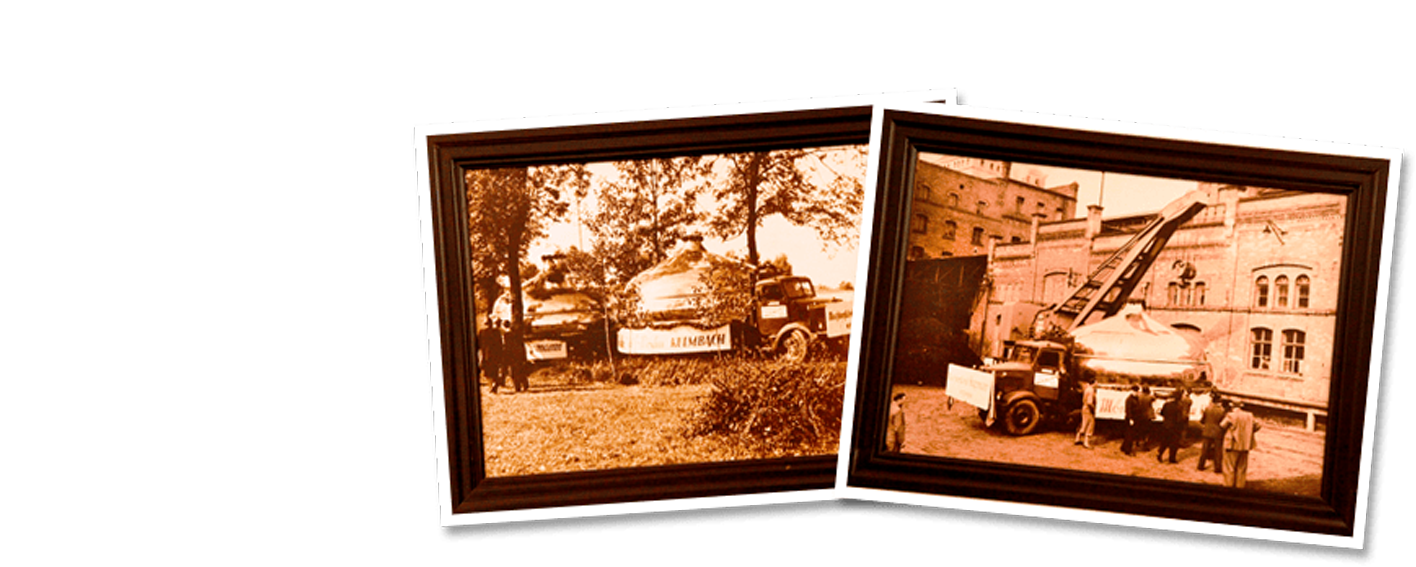
A new brewing plant with copper brewing vats is built.
Mönchshof becomes a limited liability company.
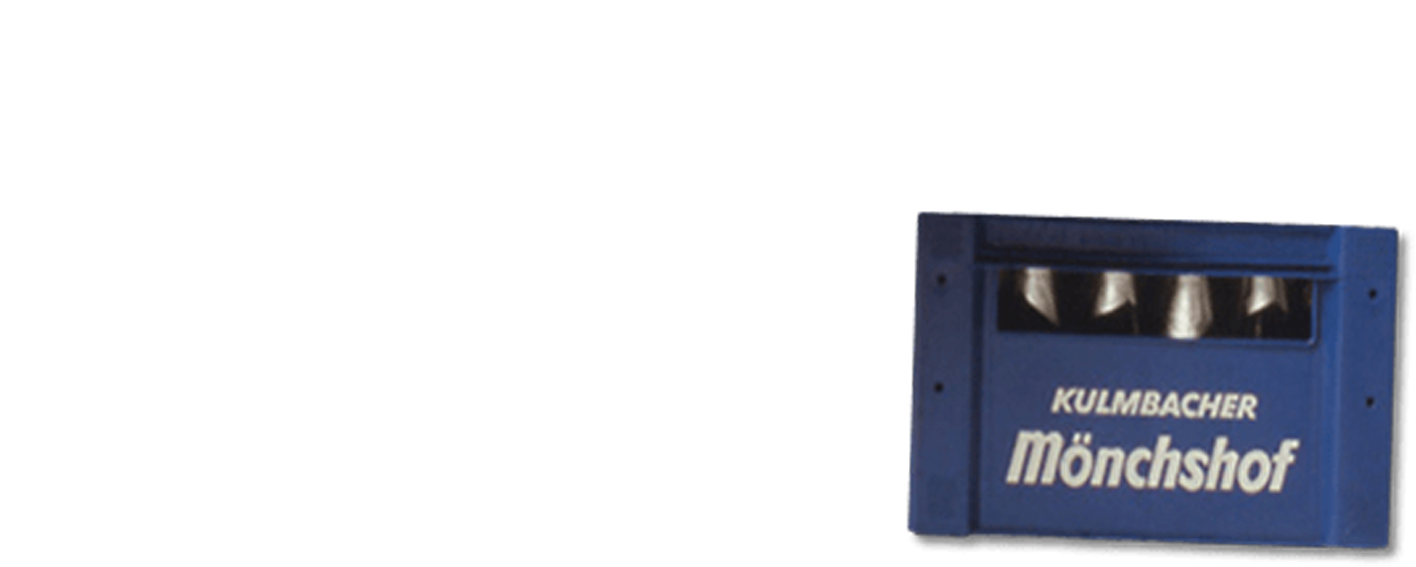
4 million DM is invested in a new bottling plant. Wooden beer crates are replaced with plastic crates that hold 0.5 litre Euro bottles.
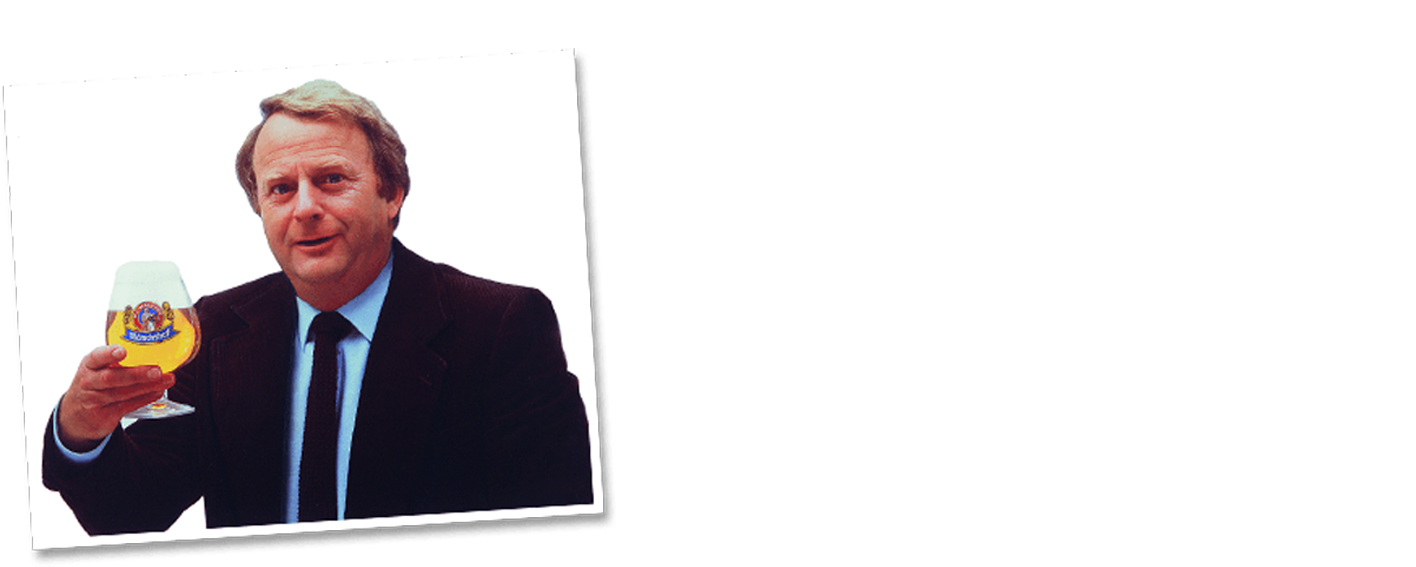
Four new fermentation tanks are purchased. Over 350,000 hectolitres of Mönchshof beer are sold.
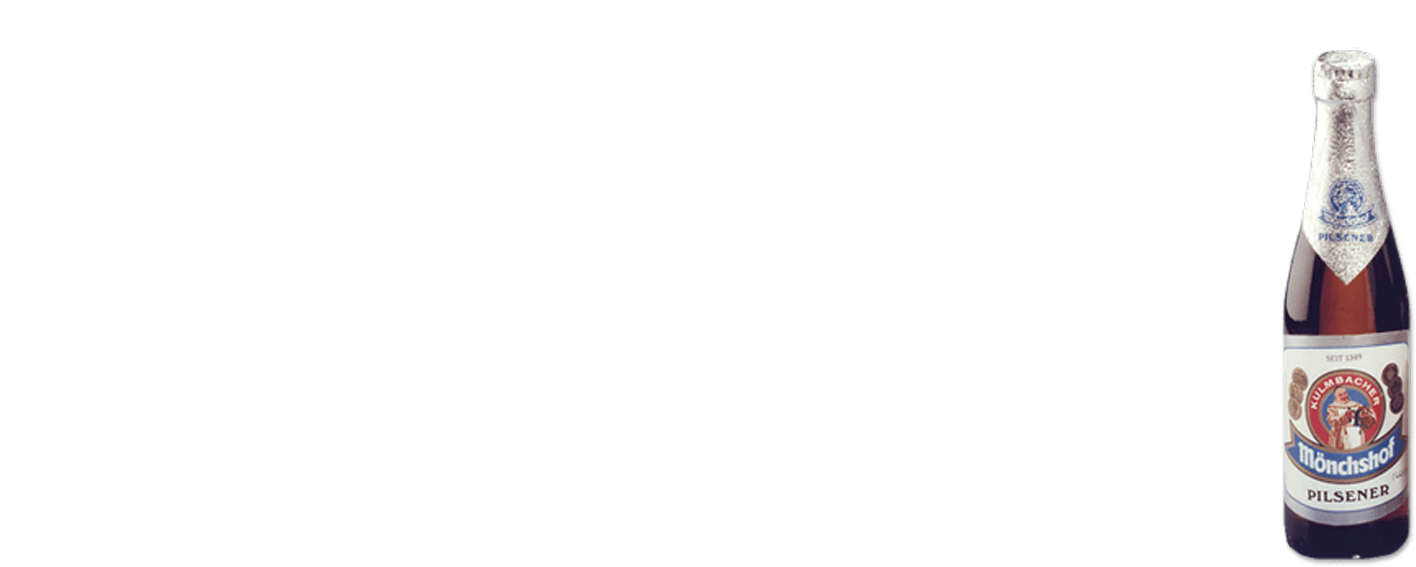
Mönchshof Pilsner, Maingold Export and Lager Hell become the three best-selling Mönchshof varieties.

Kulmbacher Reichelbräu acquires a majority interest in Mönchshof. Mönchshof becomes established as the Kulmbach beer speciality.

Four new, modern fermentation tanks are built in the fermentation cellar.
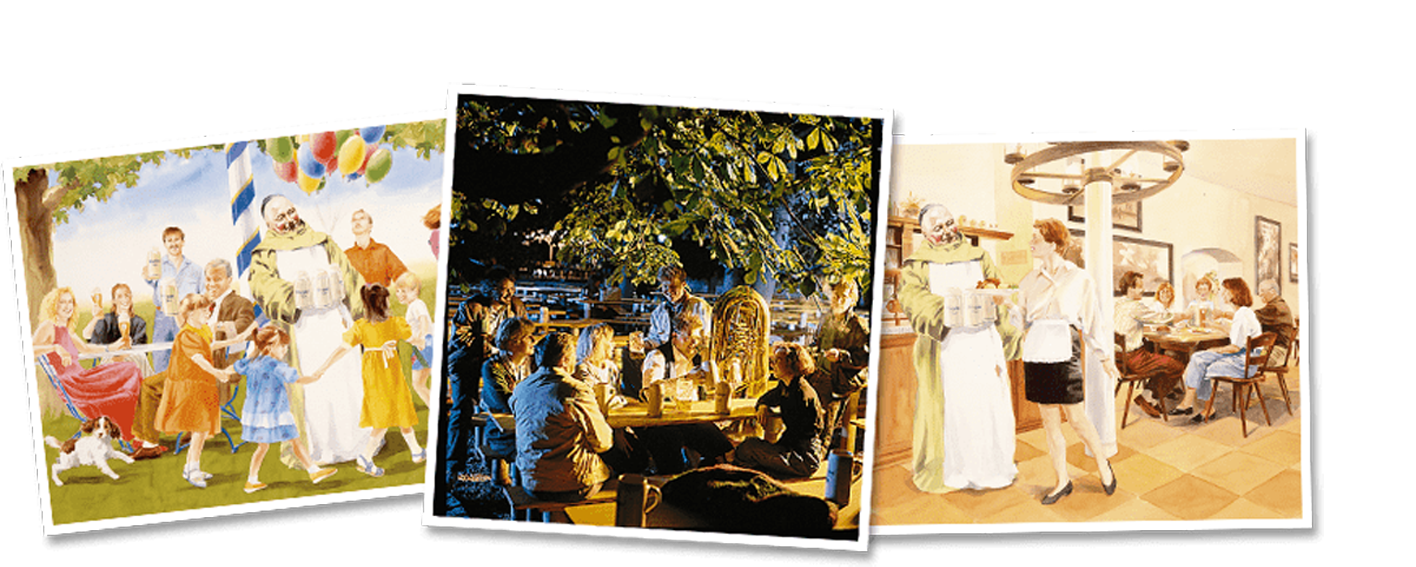
The Mönchshof brewery with adventure beer garden opens to 50,000 visitors.
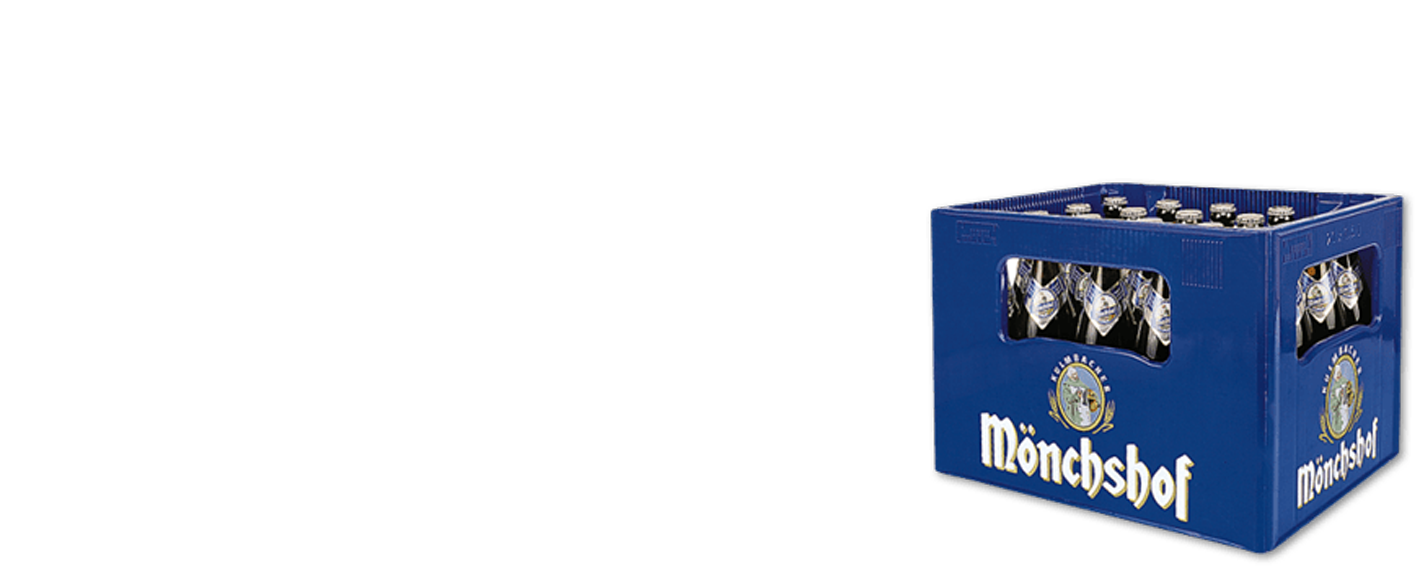
Mönchshof gets a new drinks crate and brews its first mild pilsner beer: Mönchshof Original.
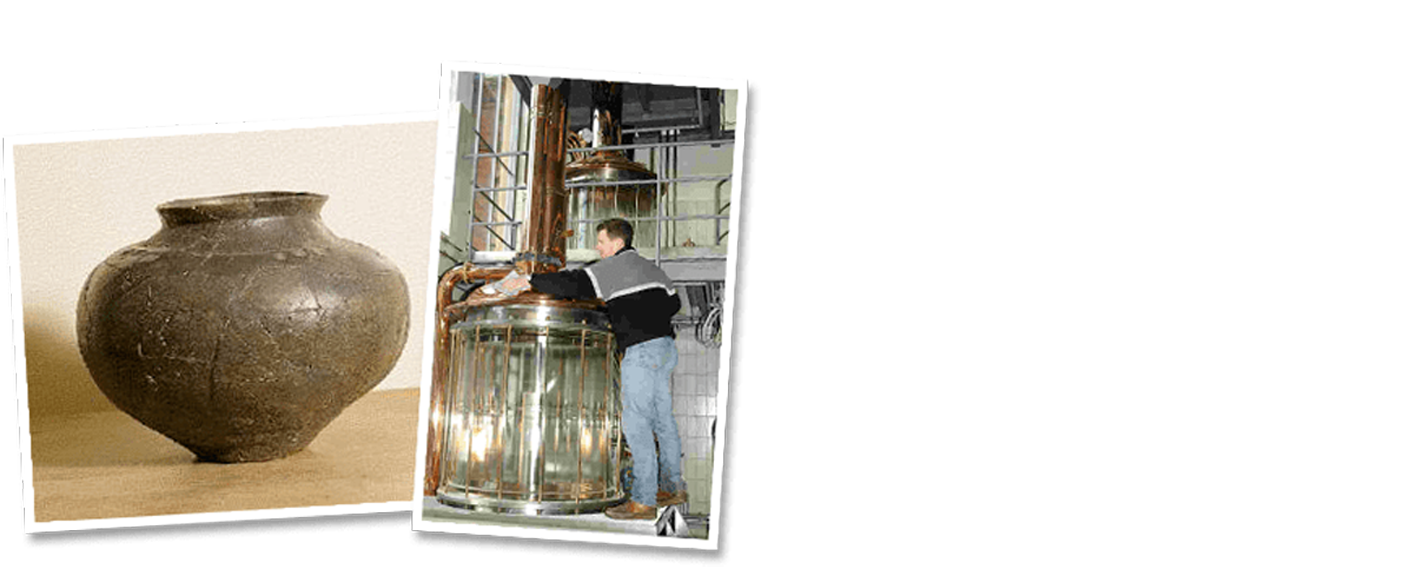
Mönchshof focuses on its specialities with its Klosterschwarzbier and Klosterbock. The Bavarian Brewery Museum with a total of 30,000 beer-related exhibits opens its doors on the Mönchshof grounds.
The breweries of Kulmbach merge to form Kulmbacher Brauerei AG.
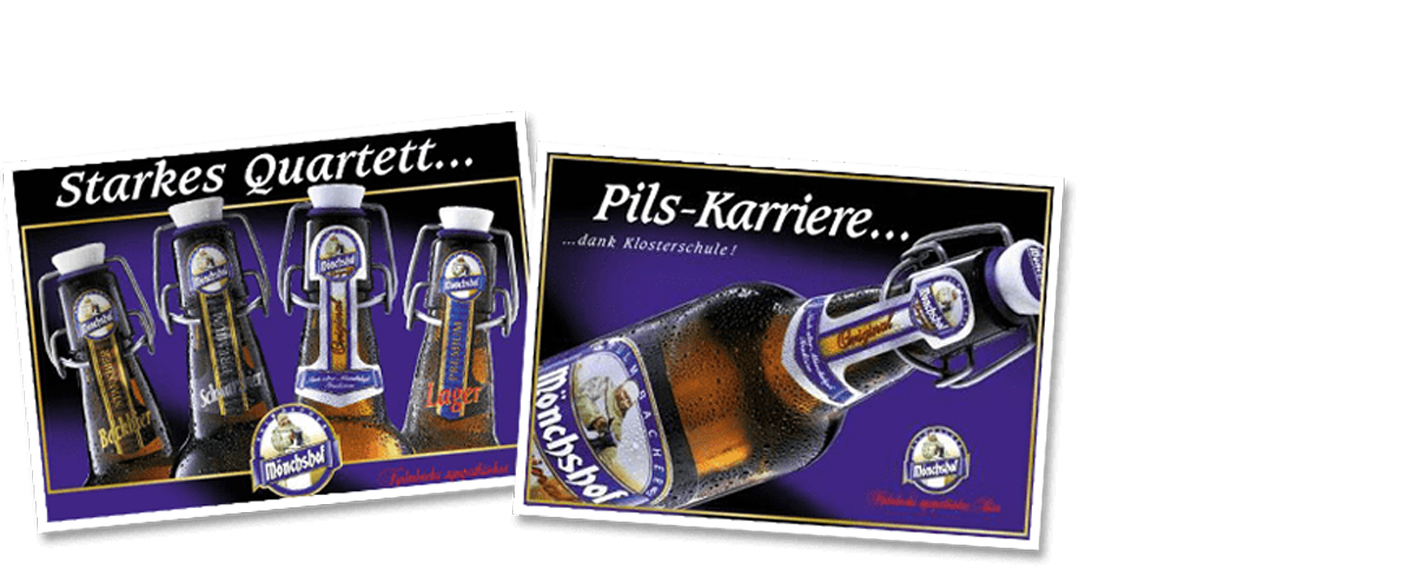
Mönchshof speciality beers get a new look with the nostalgic swing-top bottle.
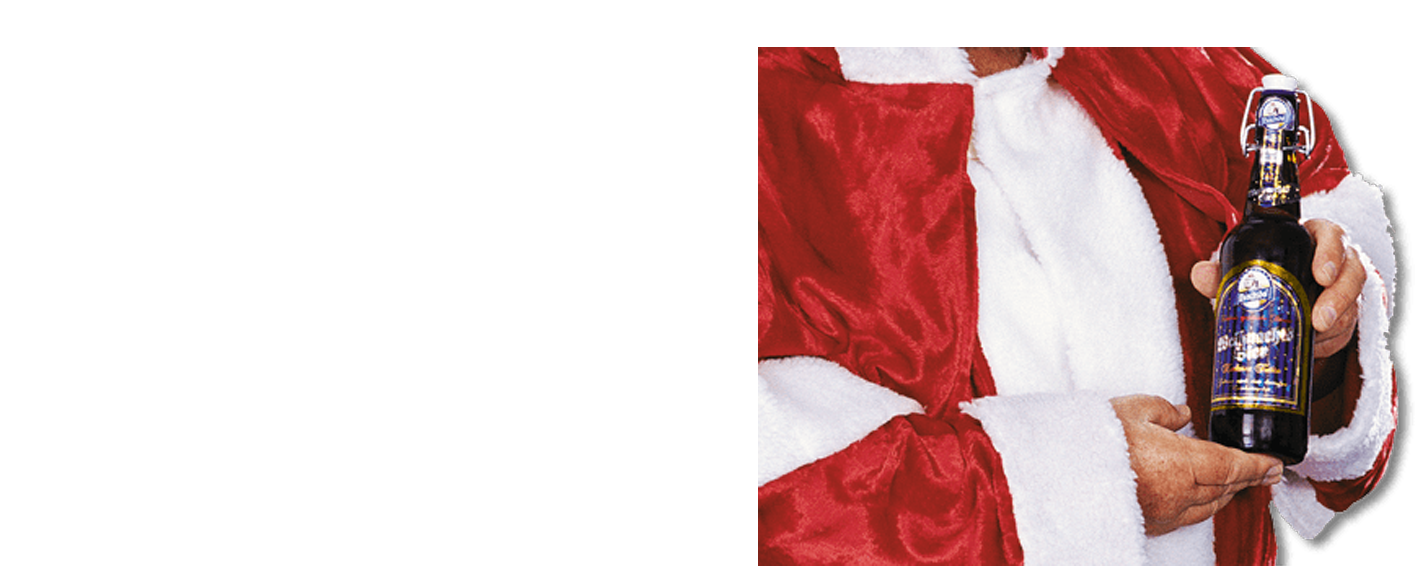
The first Mönchshof Weihnachtsbier (Christmas beer) is brewed.
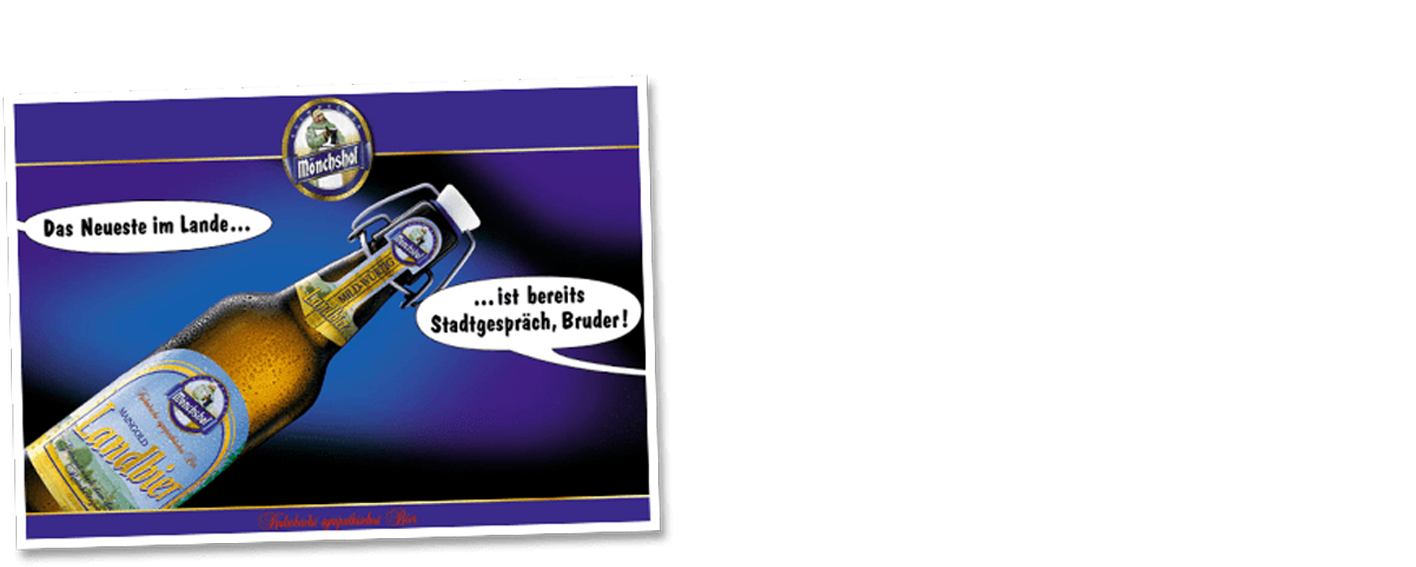
The new bottling plant is inaugurated. The first brew of Mönchshof Landbier continues Mönchshof’s long export beer tradition.

The Mönchshof master brewers are proud of their first brew of the naturally cloudy Mönchshof Kellerbier.

Mönchshof invests in a new reusable crate for swing-top bottles.
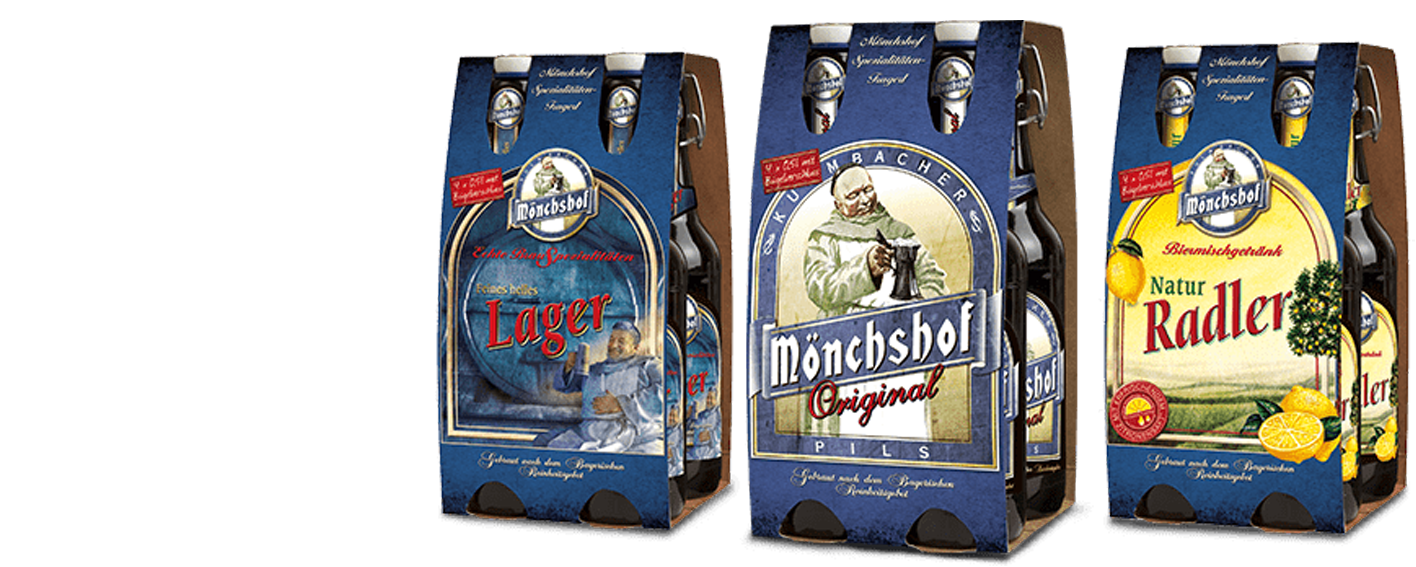
Mönchshof is now also available in practical 4-packs.
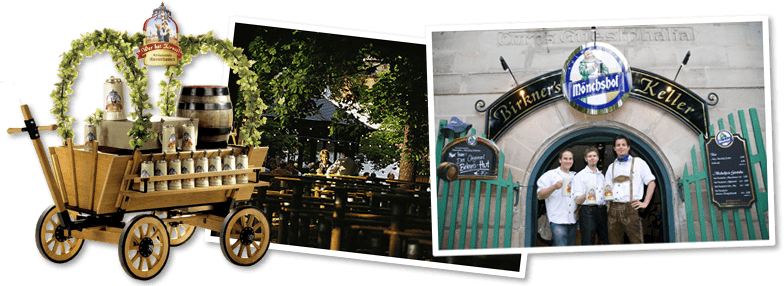
Mönchshof supports preservation and cultivation of church fair traditions. At the Erlangen Bergkirchweih fair, Mönchshof will be on tap at Birkner's Keller for the first time.
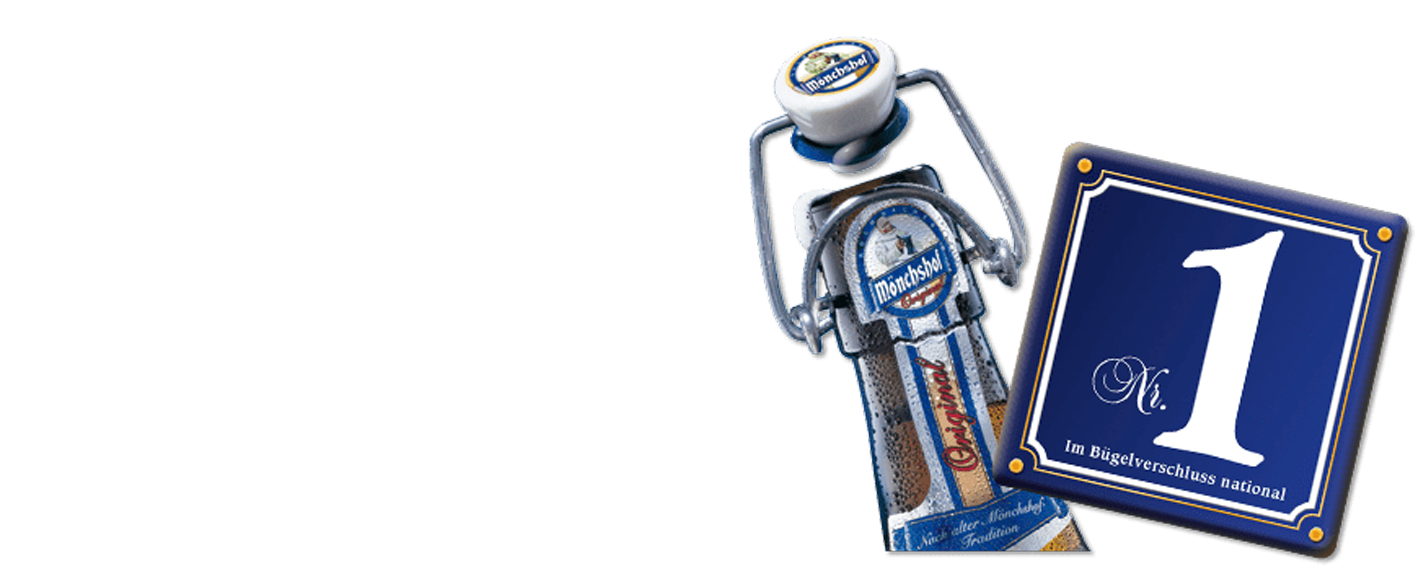
Mönchshof beers are the most widely drunk swing-top beer specialities in Germany.

The mild Mönchshof Bayerisch Hell is bottled for the first time. At the end of the year, Mönchshof Bayerisch Hell takes first place in the "New Product of the Year" category in a trade survey conducted by the "Getränkezeitung" trade journal.
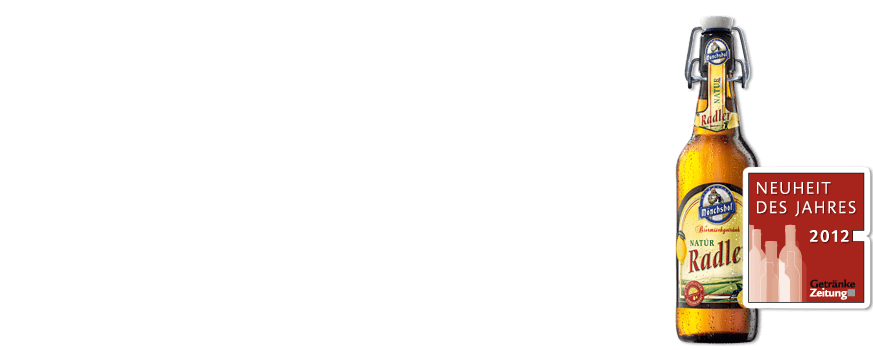
The first brew of the naturally cloudy Mönchshof Natur Radler (shandy) is tasted by the employees. Mönchshof Natur Radler is voted "new Product of the Year" (1st place) in the "Getränkezeitung" retailer survey.
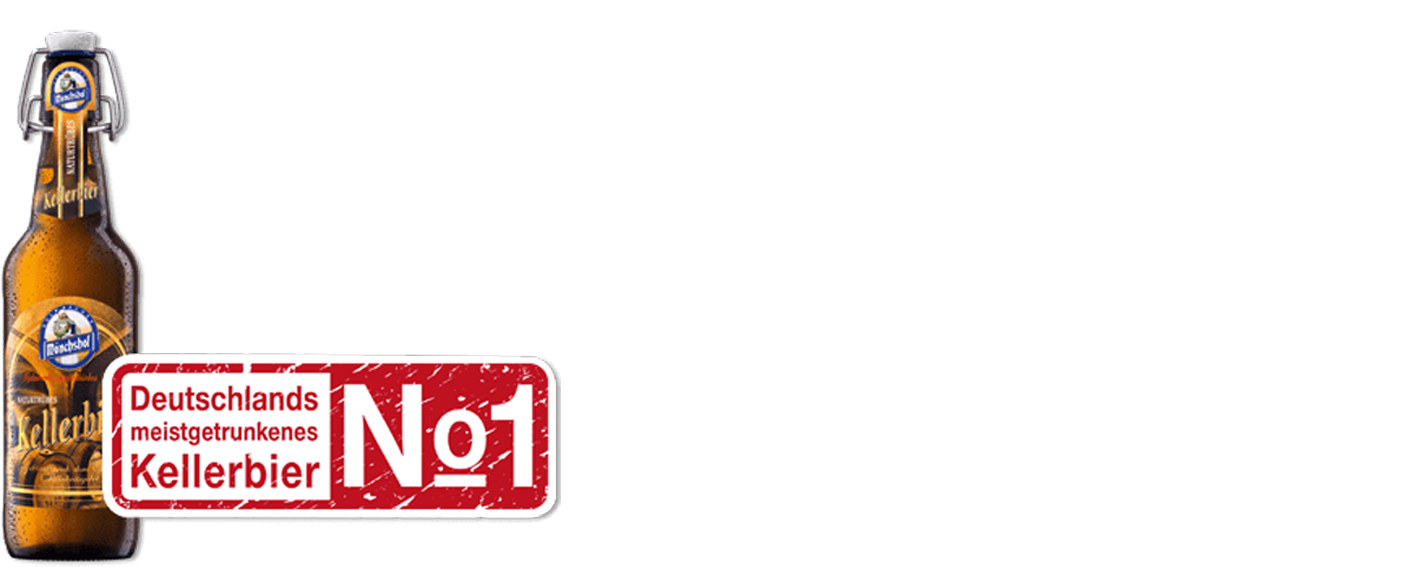
Mönchshof Kellerbier is the most widely drunk Kellerbier in Germany.
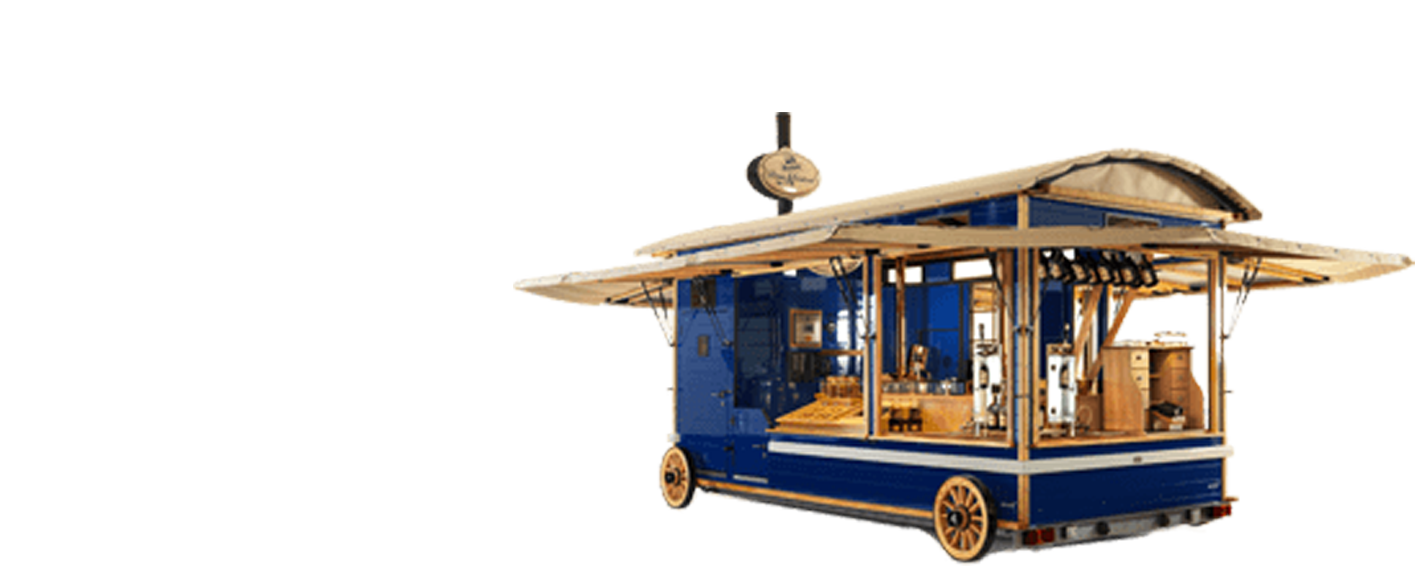
Mönchshof BrauMeisterei, the mobile show brewery, goes on tour for the first time and allows visitors to experience the beer brewing process live on site.

The first mild Mönchshof Naturtrüb's Alkoholfrei is bottled and everyone is impressed by its full flavour – with no alcohol. Mönchshof also inaugurates its new tunnel pasteuriser.
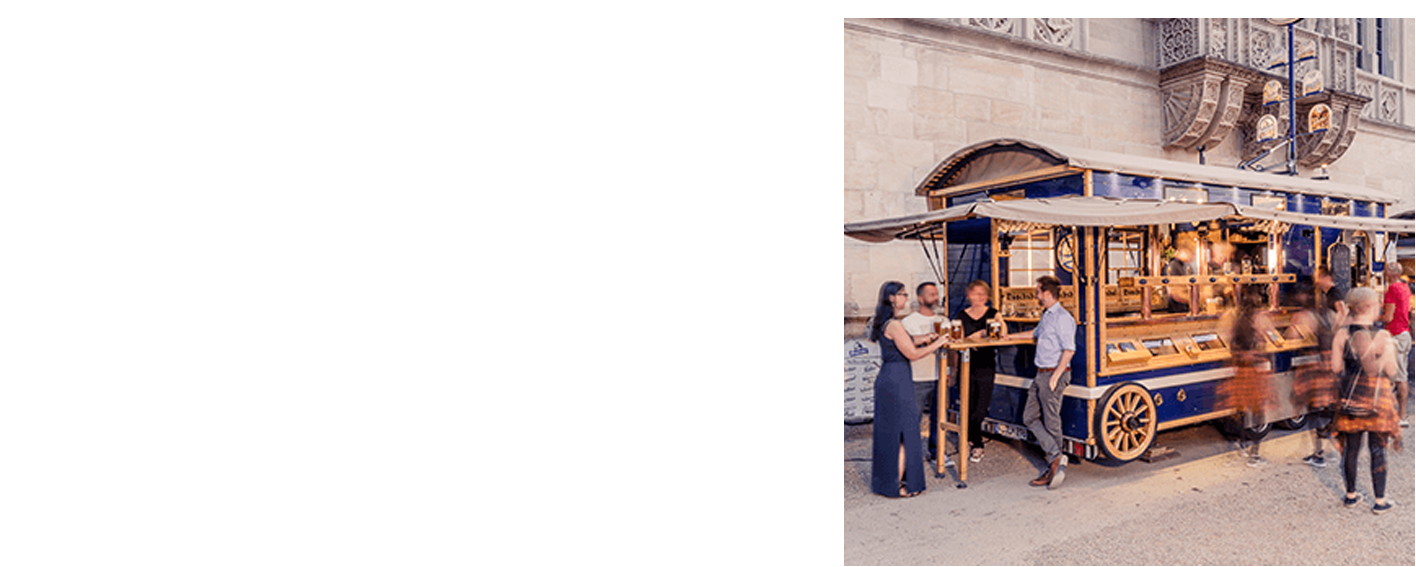
The Mönchshof BrauMeisterei will be expanded to include the mobile BrauSchänke with at least 8 speciality beers fresh from the barrel.

Mönchshof is the first brewery in Germany to be awarded the GREEN BRAND label for sustainability.
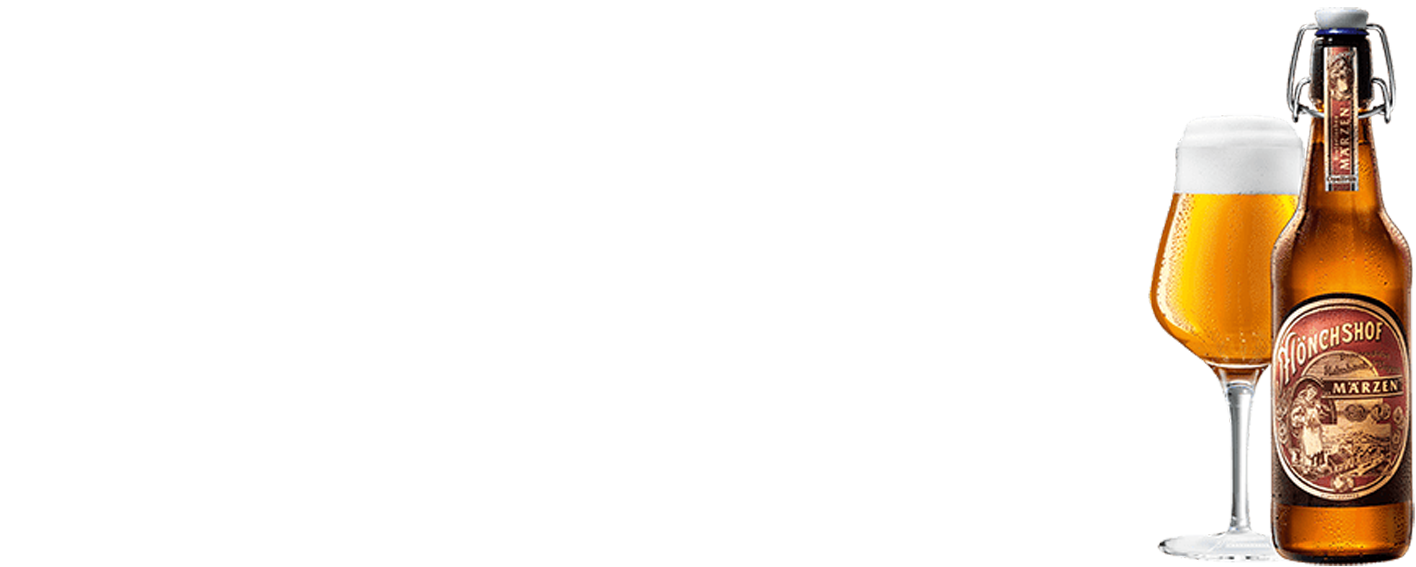
Mönchshof launches its first special beer "Historisches Märzen". It wins a gold International Craft Beer Award.
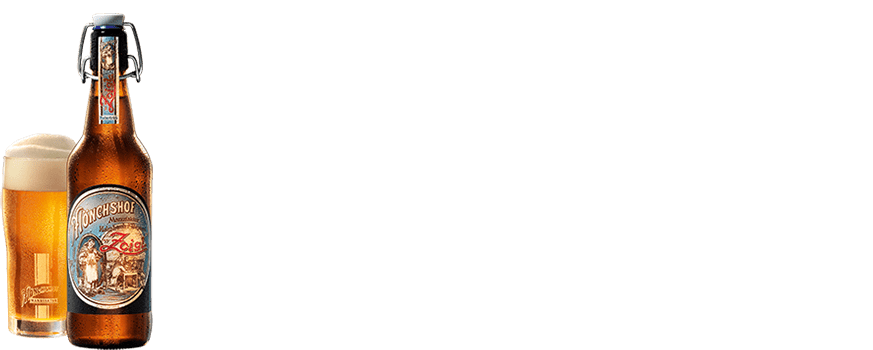
Mönchshof expands its range with the traditional regional beer speciality “Zoigl Naturtrüb”.

Mönchshof is awarded the GREEN BRAND label for sustainability and environmental awareness for the second time.
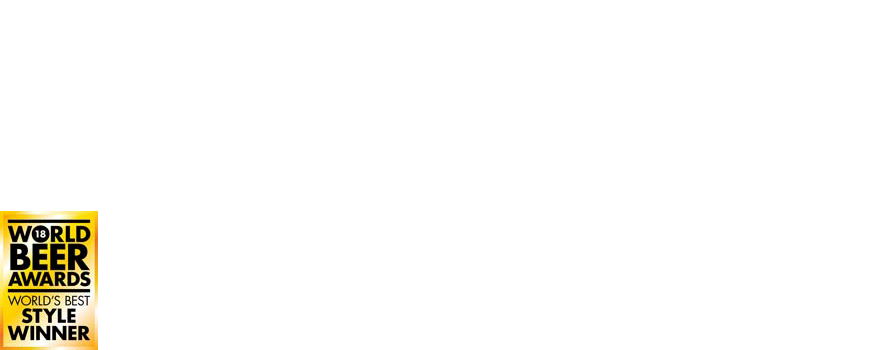
Voted the best in the world: Mönchshof Naturtrüb's Alkoholfrei receives the World Beer Award 2018 Style Winner in Gold.

Mönchshof wins another GREEN BRAND award for sustainability and environmental awareness.
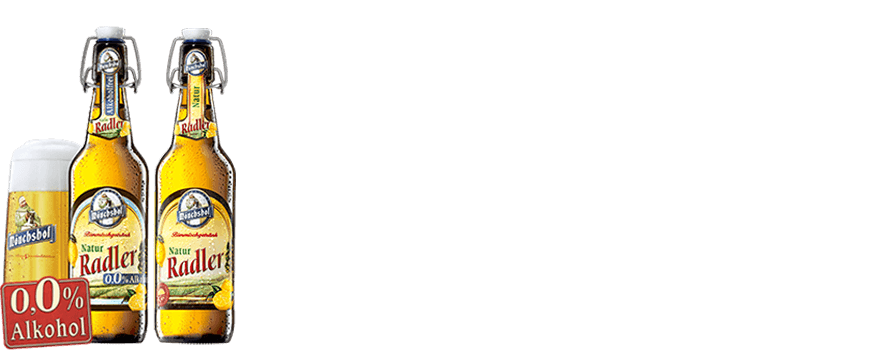
Naturally cloudy Mönchshof Natur Radler is now also available in an alcohol-free version with 0.0% alcohol.
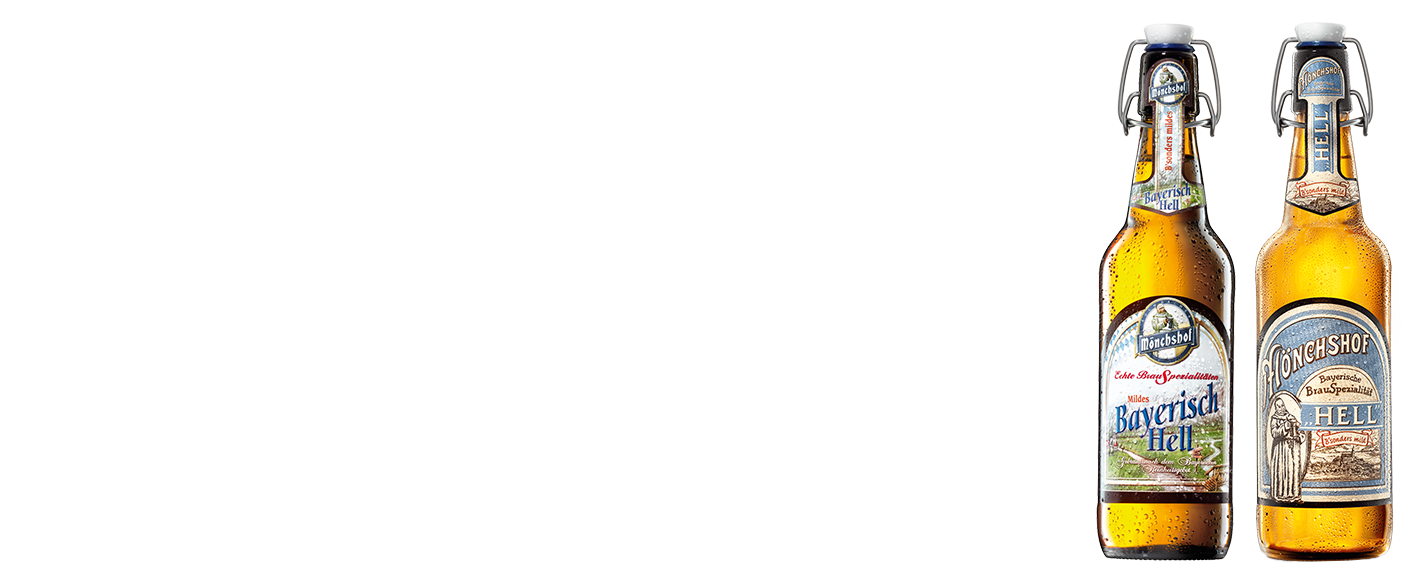
The Bavarian speciality beer Mönchshof Hell gets a new look.
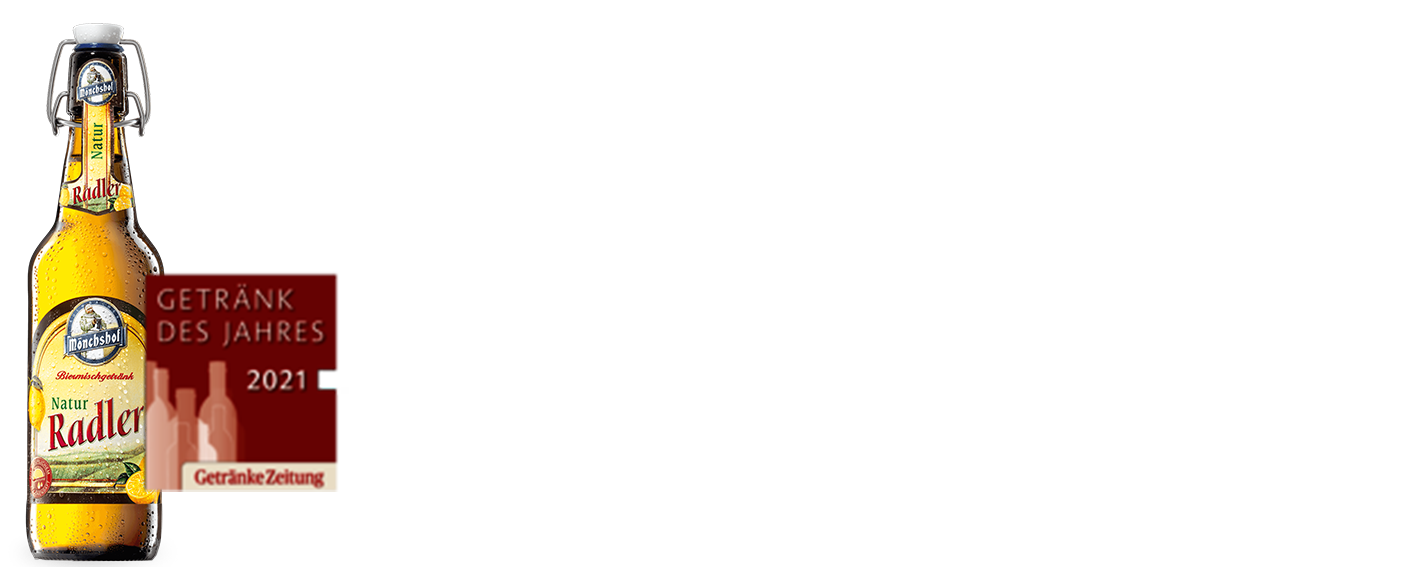
For the third time, Mönchshof Natur Radler is named Drink of the Year in the annual trade survey conducted by Getränkezeitung (GZ).
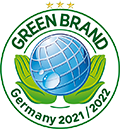
Mönchshof is endorsed by GREEN BRAND as an "everyday green brand" for sustainability and environmental awareness.
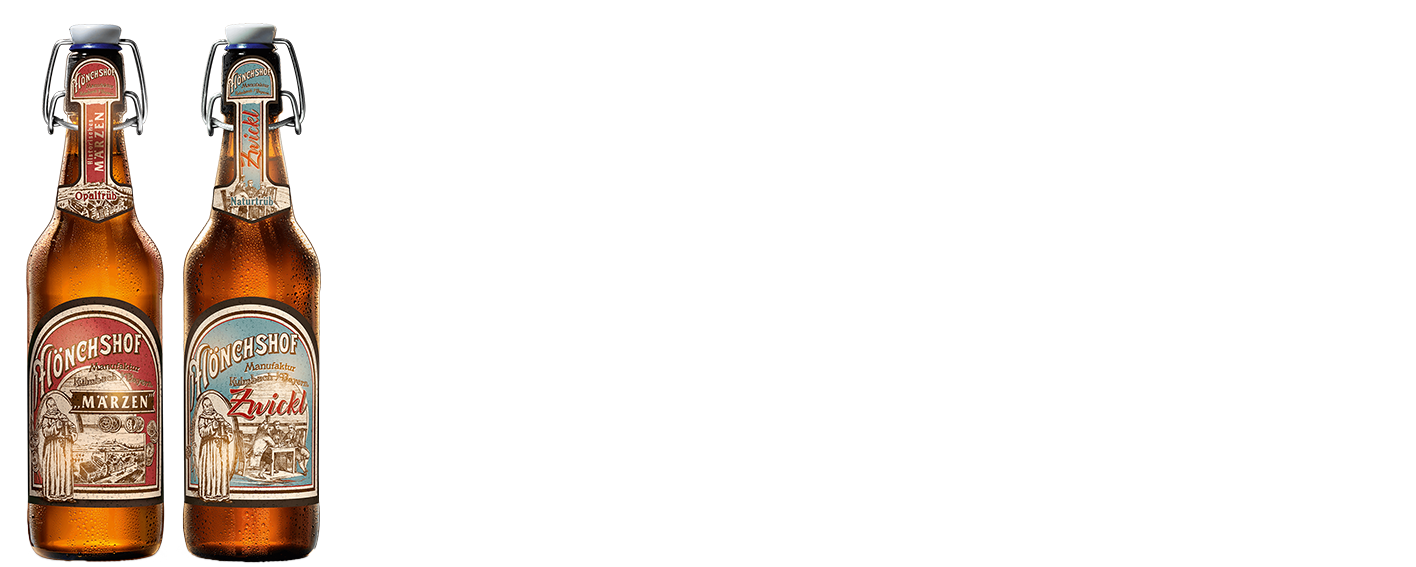
Speciality beers "Historisches Märzen" and "Zwickl Naturtrüb" expand the Mönchshof range in containers with 20 swing-top bottles.
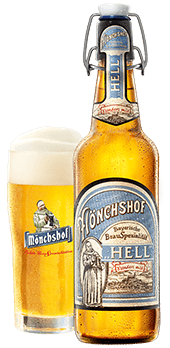
Getränkezeitung votes Mönchshof Hell the No. 1 pale beer in Germany.
